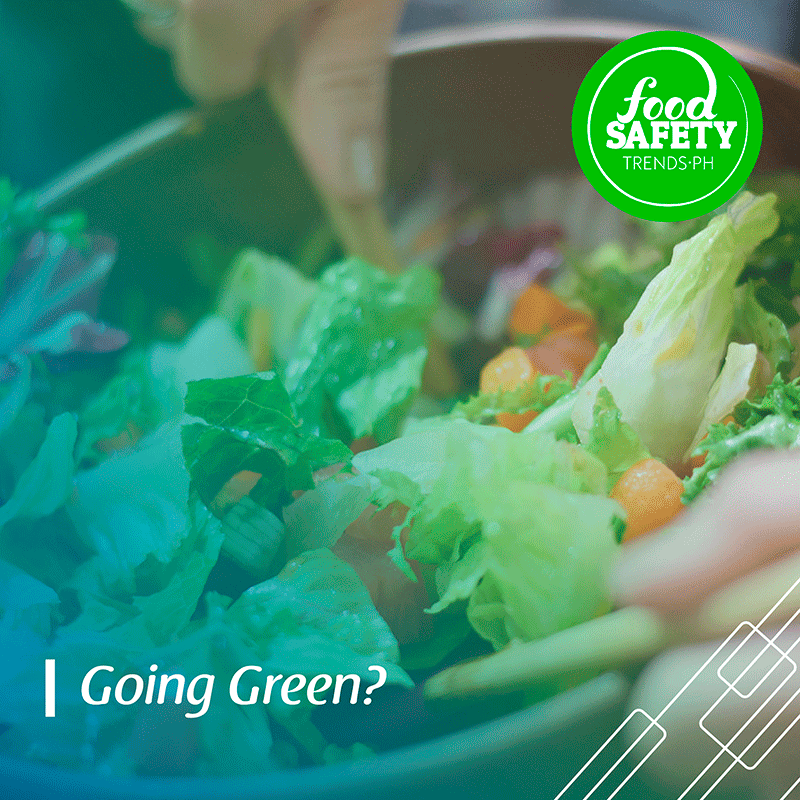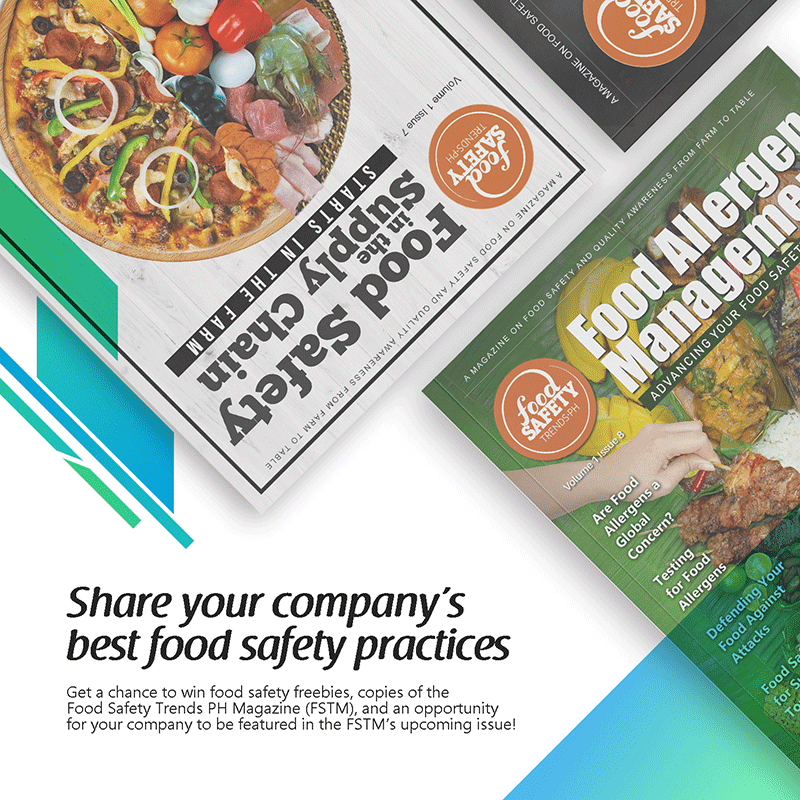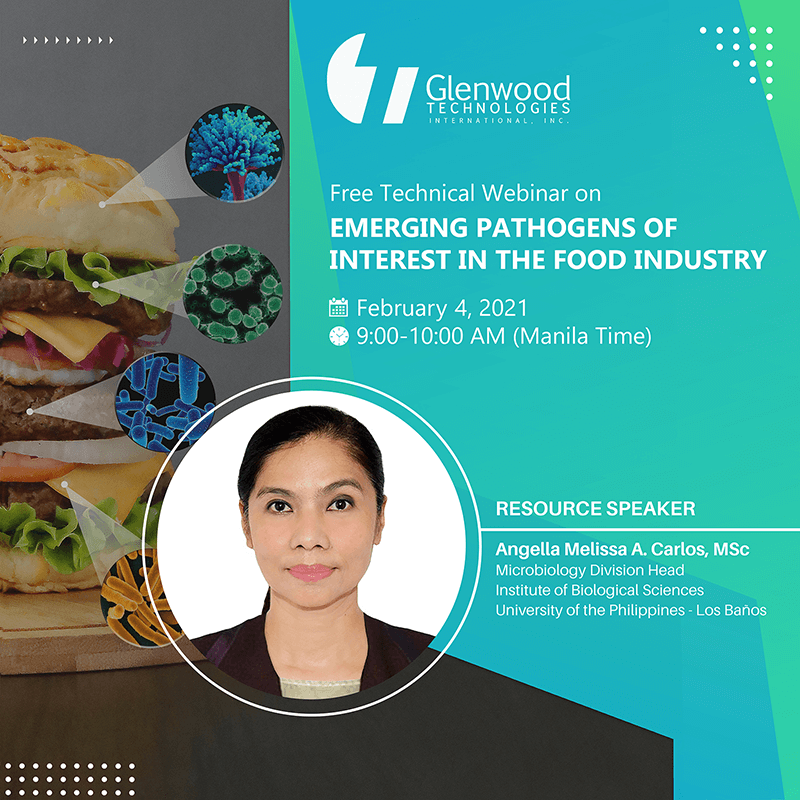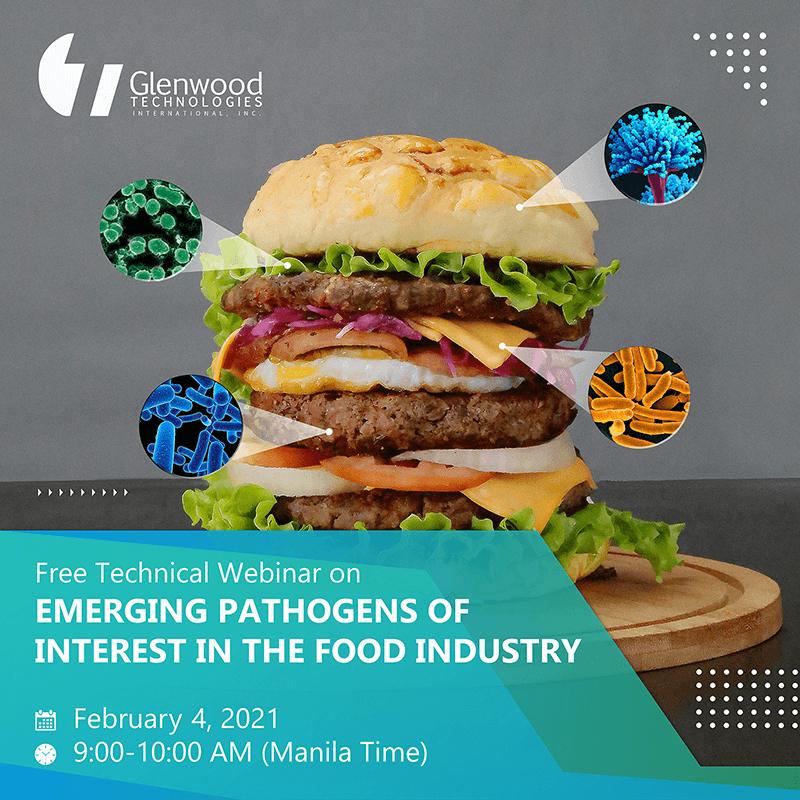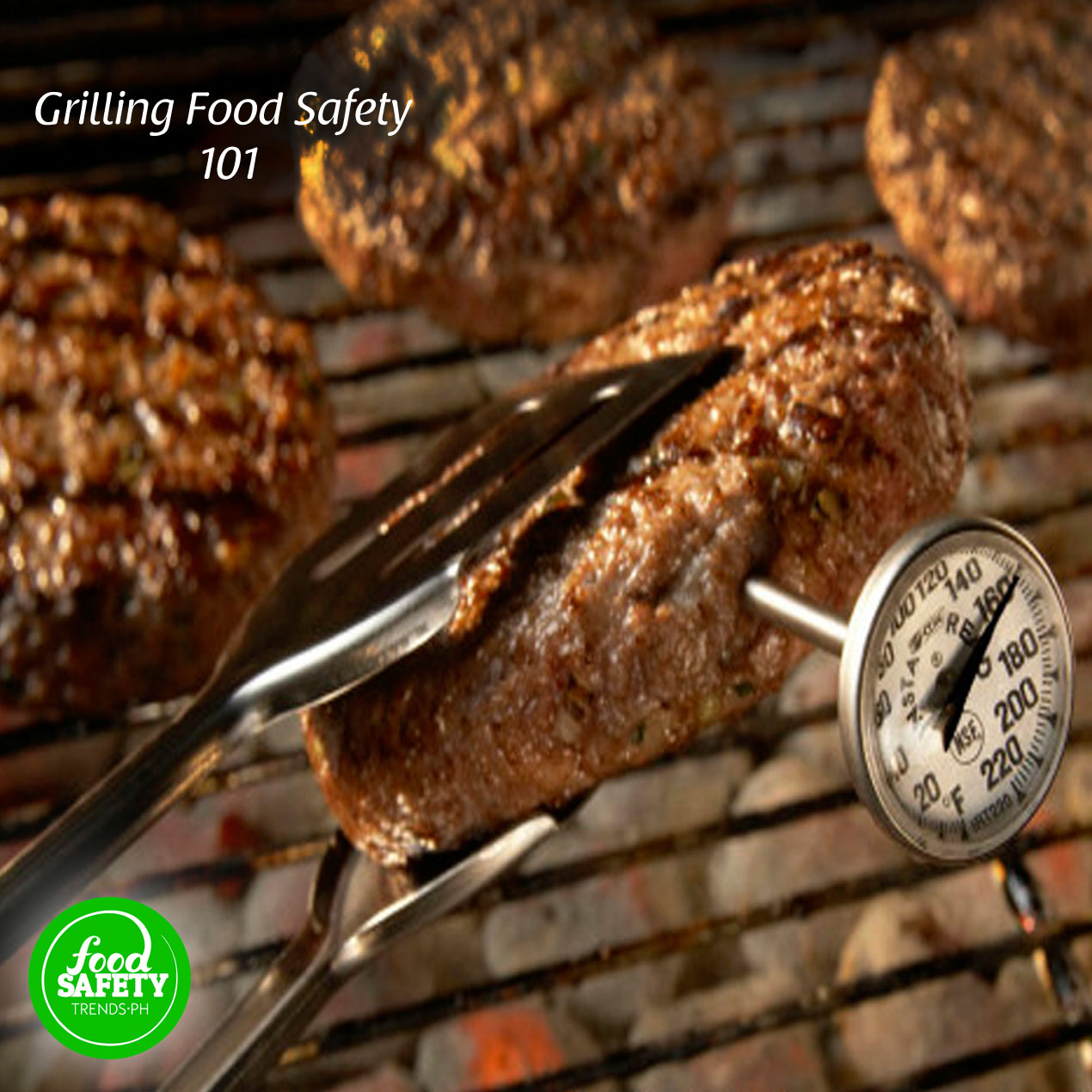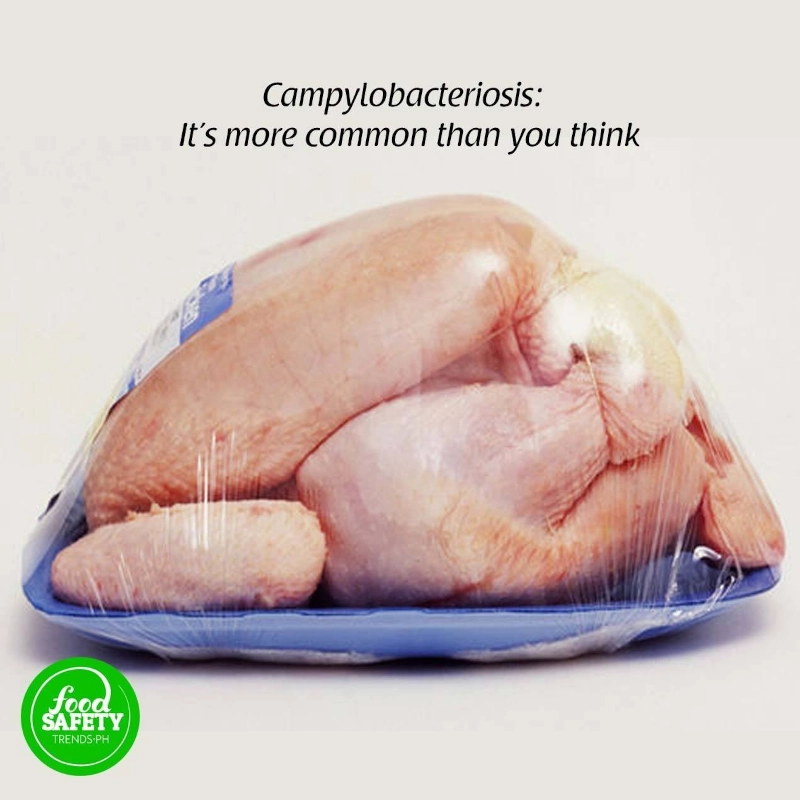August 17, 2023
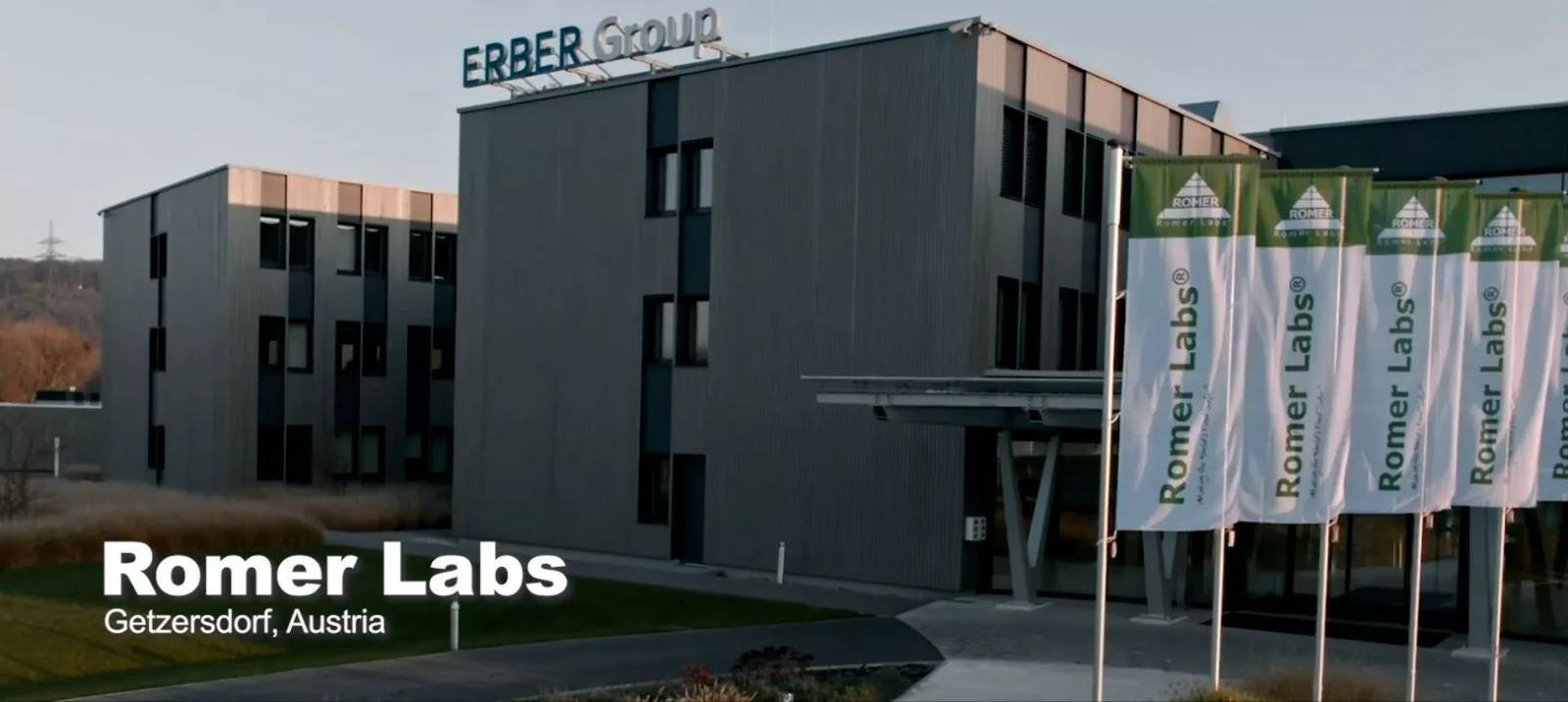
Glenwood, the premier distributor of food and feed safety test kits in the Philippines, has been dedicatedly serving the industry and uplifting food safety awareness in the country since 1995. Today, we are delighted to unveil our esteemed new partners with cutting-edge, cost-efficient, and superior testing solutions, which are set to elevate the food and feed safety standards in the Philippines.
June 7, 2023

Watch Dr. Maria Neira, World Health Organization's Assistant Director-General as she emphasizes the significance of food safety in our daily lives.
March 21, 2023

Looking for a photometer for your water quality testing needs?
September 22, 2022
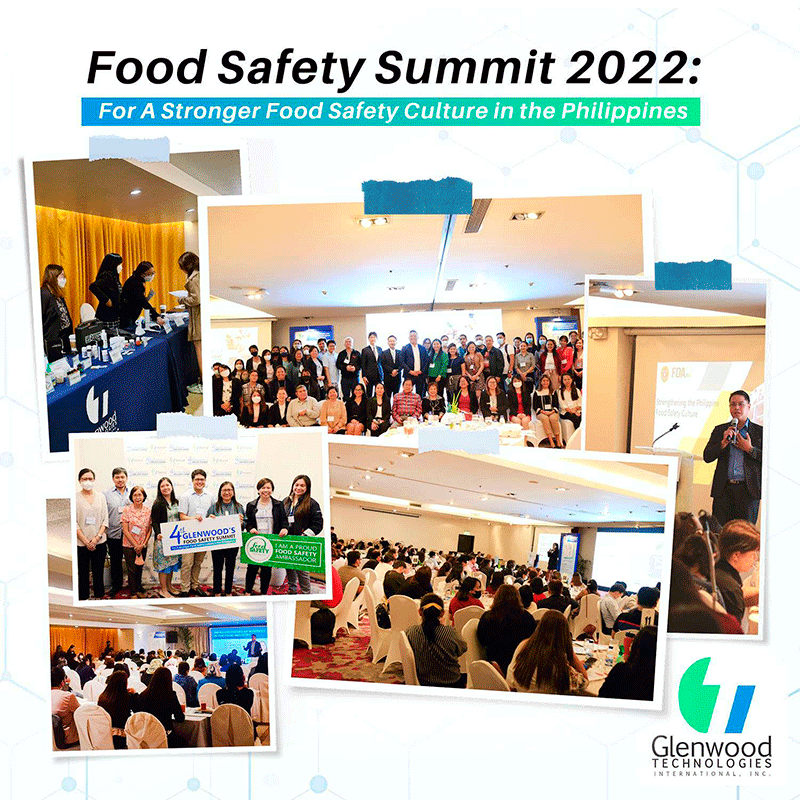
The much-anticipated 4th Food Safety Summit by Glenwood Technologies International, Inc. (GTI) was held at the Crowne Plaza Manila Galleria in Ortigas Avenue, Quezon City last June 2, 2022. The Food Safety Summit aims not only to strengthen the food safety culture in the Philippines but to serve as a platform to engage the participants by imparting the latest trends and concepts on food safety.
September 12, 2022
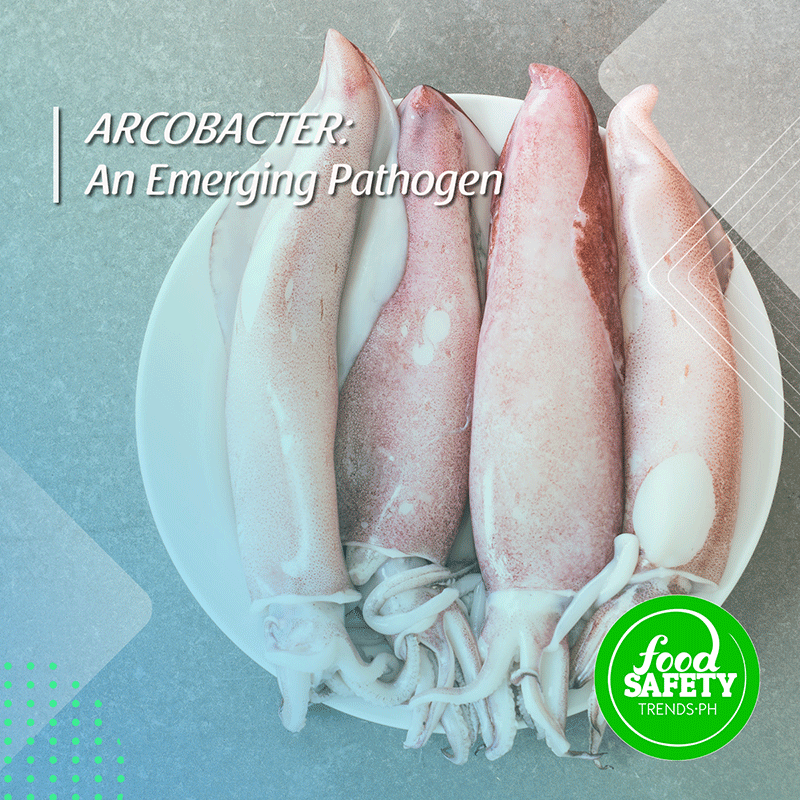
Arcobacter is an emerging foodborne pathogen commonly found in water, vegetables, seafood, and other food of animal origin. It is a non-spore-forming, spiral-shaped Gram-negative bacteria that can cause human gastroenteric illness and may diminish the shelf-life of contaminated foods.
November 5, 2021
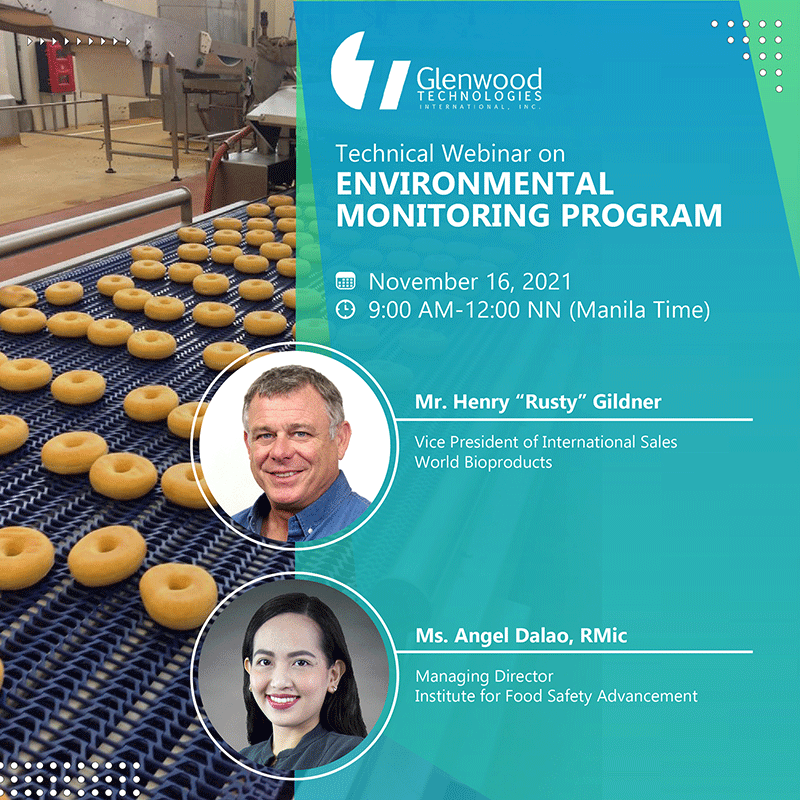
Measure the overall effectiveness of your hygiene and sanitation practices by designing and implementing an Environmental Monitoring Program (EMP). Join us on this special FREE technical webinar on EMP to be informed on how EMP acts as an early warning system against microbiological hazards which can contaminate food products leading to foodborne illness.
September 2, 2021
Your journey towards being a food safety ambassador starts here! We are always on the lookout for career-driven, dedicated, and high potential talents. If you are
March 25, 2021
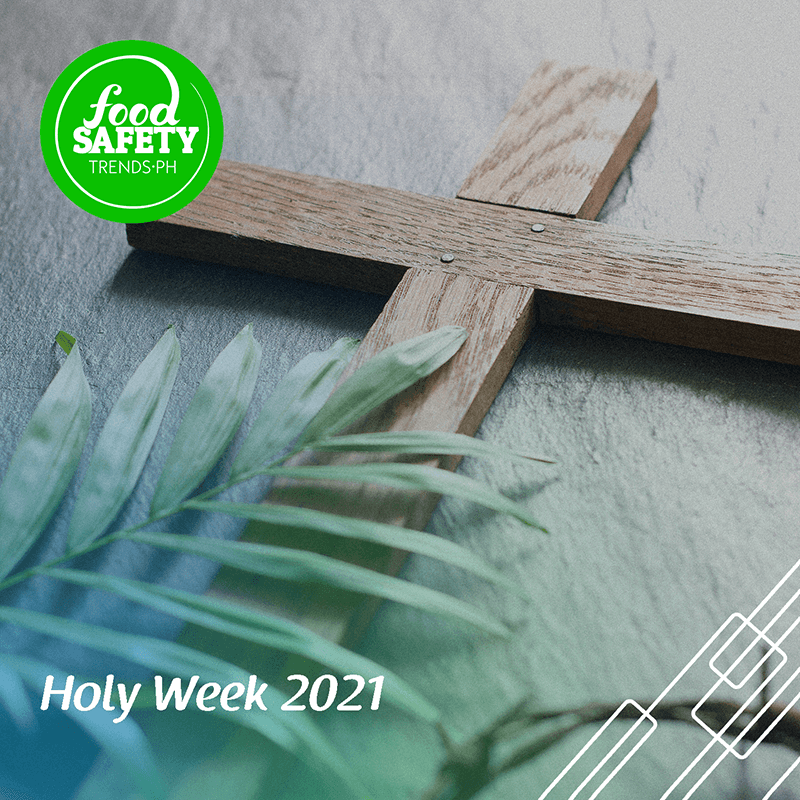
The on-going COVID-19 pandemic has forced the Catholic Church to suspend Holy Week activities in an attempt to curb the spread of the virus. Several churches in Metro Manila have opted to conduct their services online in the meantime. Following the continued rise in the number of cases in the country, the Department of Health strongly urges Filipinos to stay at home and instead avail of these online services
March 24, 2021
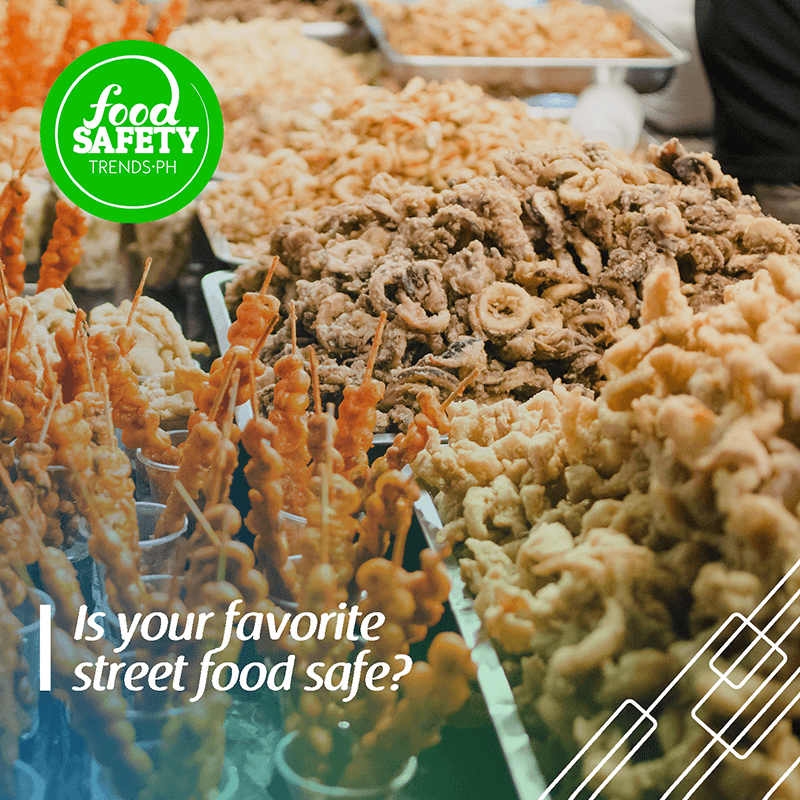
Is your favorite street food safe? Let's get something straight: WE LOVE STREET FOODS. People from all walks of life have a special love for street food because of its lip-smacking flavors. Certain Filipino street food favorites include kwek-kwek, barbeque, isaw, balut, green mango with bagoong, and mais, among others. These street foods can be found almost everywhere in the Philippines – around markets, schools, universities, factories, and even offices – they have easily blended into the urban scene, being very accessible to the majority of the Philippine population. It has been an integral part of the culture and the landscape of the Philippines.
March 22, 2021
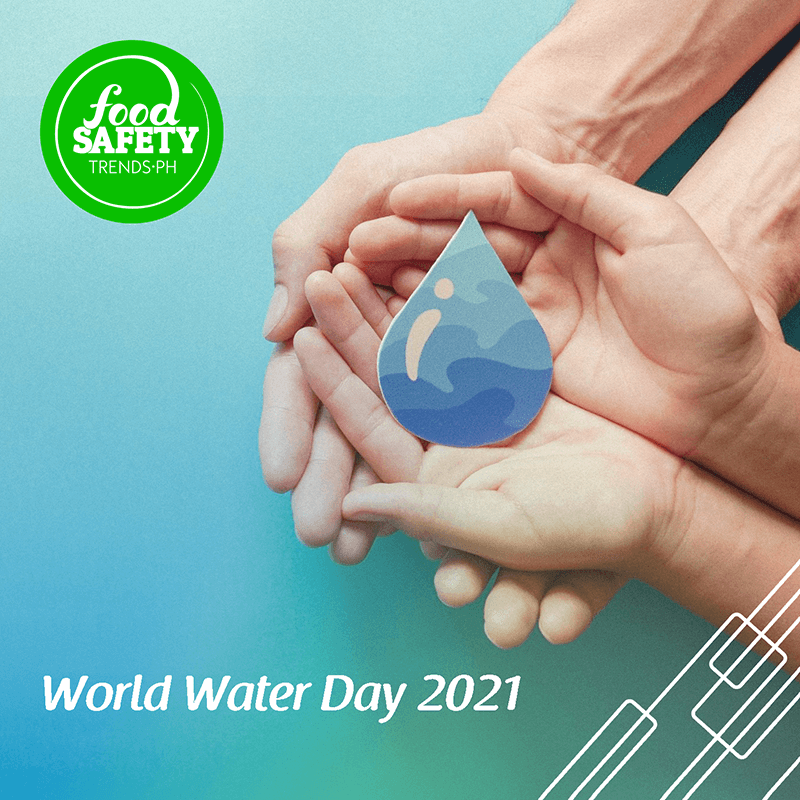
"Water is an essential building block of life. It is more than just essential to quench thirst or protect health; water is vital for creating jobs and supporting economic, social, and human development" - United Nations Educational, Scientific and Cultural Organization (UNESCO)
Held on March 22nd every year, World Water Day underlines the importance of fresh water. The event raises awareness of the 2.2 billion people living without access to safe water. It supports the United Nations' Sustainable Development Goal 6: water and sanitation for all by 2030.
March 18, 2021
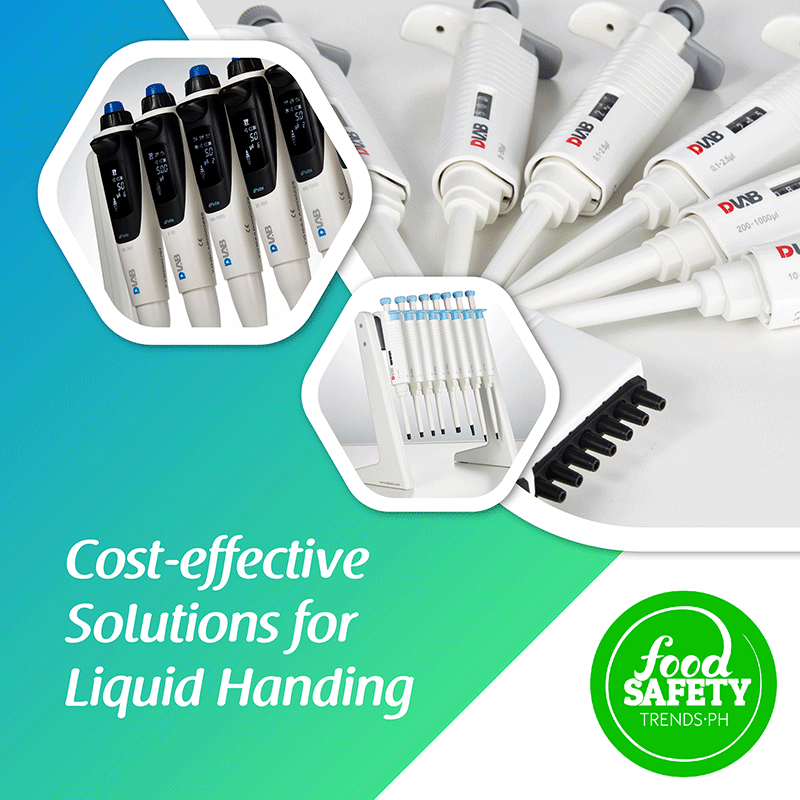
Are you looking for a cost-effective pipettor and pipette tips? We got you covered! Glenwood Technologies offers a comprehensive model selection of mechanical and electronic pipettes. Pipettes are available in fixed or adjustable single, 8-channel, and 12-channel models that can support volumes from 0.1 µL to 10 mL. Choose from lightweight designs to strain-free pipetting features. All pipettes are calibrated to ISO 8655-2:2002 standard, ensuring high accuracy and precision. Electronic pipettes are also self-calibrating via an online software.
March 11, 2021
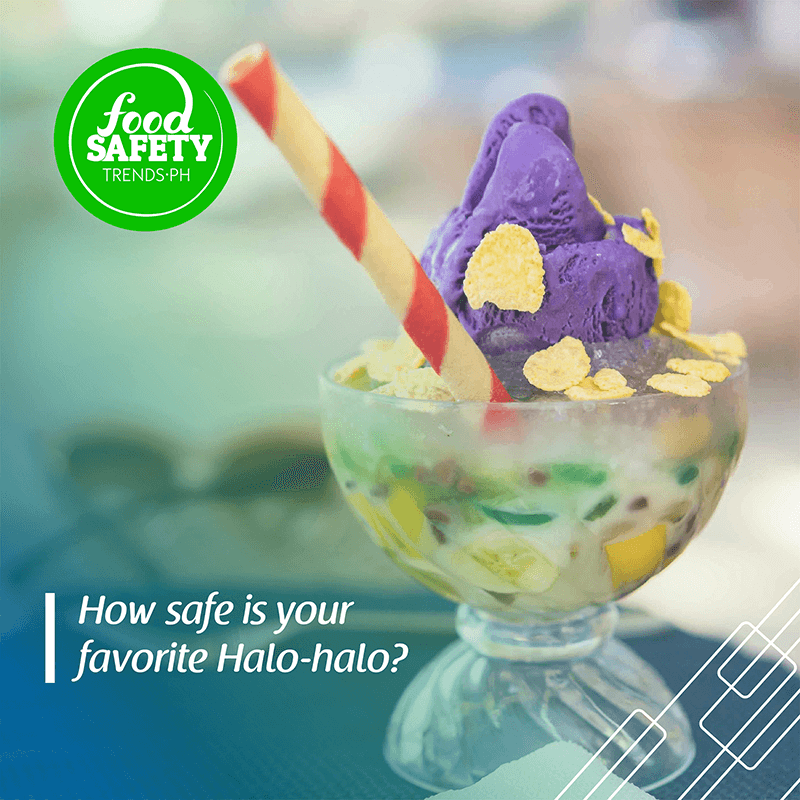
The arrival of summer in the coming weeks will have Filipinos looking for ways to beat the heat. With the COVID-19 lockdowns limiting the places Filipinos can visit, most would think their options would be either to risk contagion or to swelter in quarantine, but cold Pinoy treats such as Halo-halo may help. This summertime treat would be a sure and delicious way to cool down. However, before indulging yourself with this colorful delight, be mindful of these food safety tips
January 14, 2021
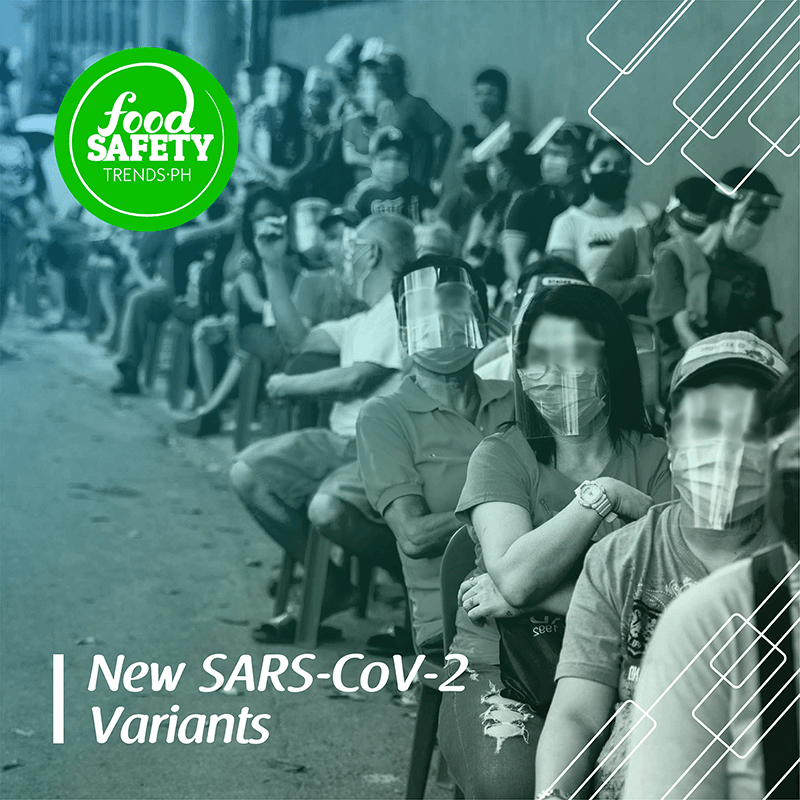
The Coronavirus is Mutating: Here’s what you need to know about the new variants
New virus variants are expected to occur over time since viruses constantly change through mutation; these variants either emerge and disappear or emerge and persist. Variants of the SARS-CoV-2, the causative agent of COVID-19, have appeared globally during this pandemic.
December 3, 2020
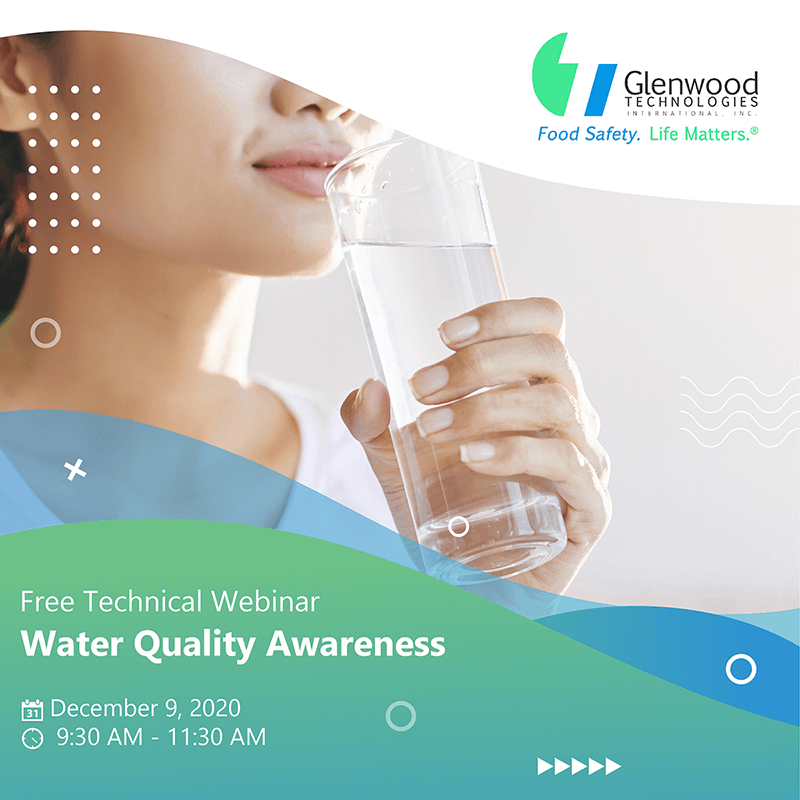
Quality water is safe water, but what does “water quality” mean? According to the US Geological Survey, water quality can be thought of as a measure of the suitability of water for a particular use based on selected physical, chemical, and biological characteristics. Drinking water is a necessity to sustain life; its quality varies from place to place but it ultimately must meet certain water quality standards such as the Philippine National Standards for Drinking Water (PNSDW) to ensure that it is free from harmful contaminants and is safe for public consumption.
November 27, 2020
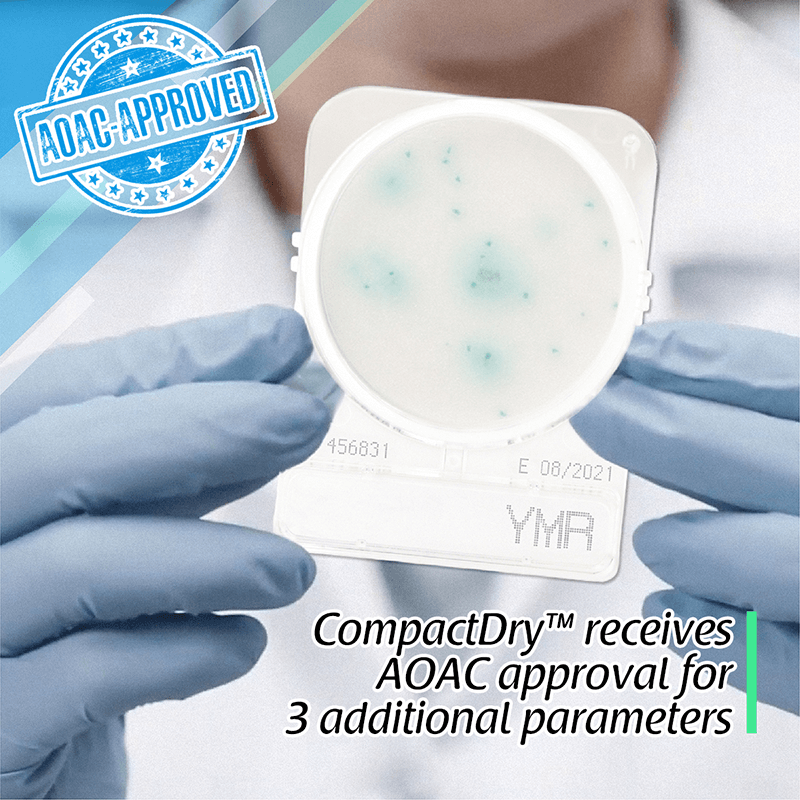
Good news! This 2020, after months of comprehensive validation, CompactDry™ parameters Yeast and Mold Rapid (YMR), Enterobacteriaceae (ETB), and Enterococcus (ETC) have acquired approval from the AOAC International, adding this certification to their current ones from MicroVal and NordVal.
November 15, 2020
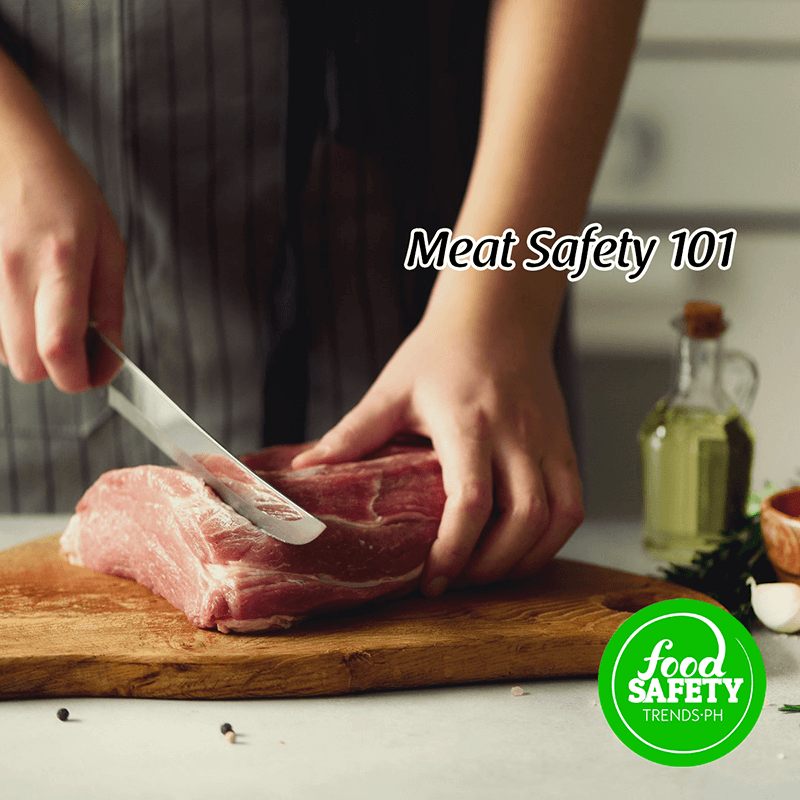
Meat can be a source of protein – an important nutrient in one’s diet, but it can also be an environment for bacterial growth. It is crucial to handle and store all types of meat safely.
August 5, 2020
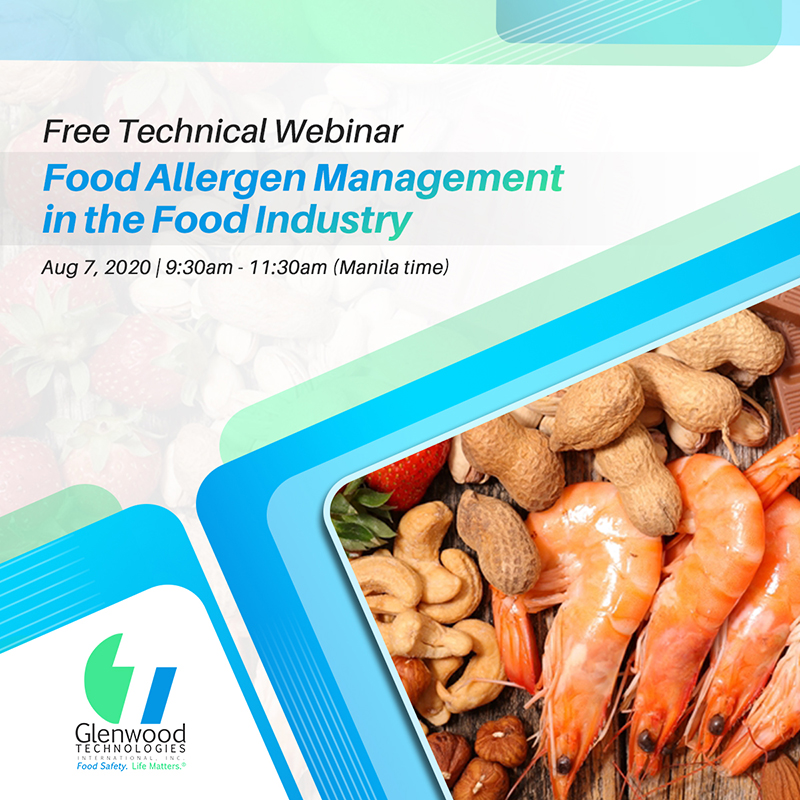
Food allergens are now recognized as a major food safety concern, the management of which should be a shared responsibility between consumers, government, and food manufacturers. Know more on how to implement an allergen management program in your facility and be compliant with the existing local and international regulations. Come and join us on our "Food Allergen Management in the Food Industry" webinar!
August 3, 2020
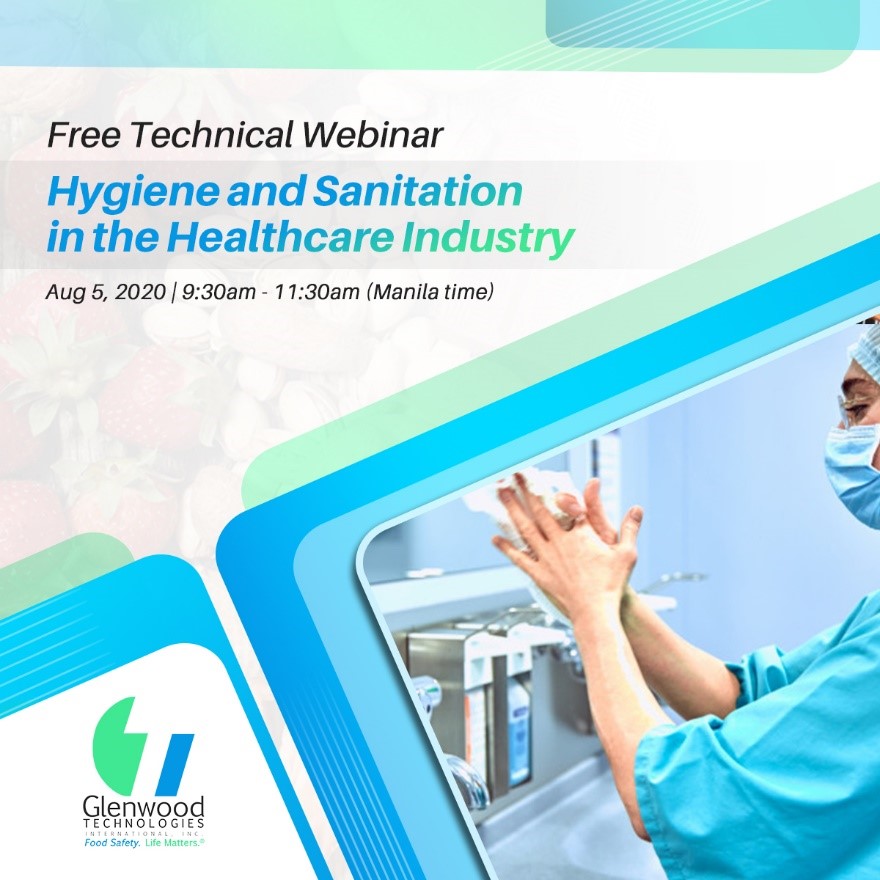
An effective Infection Prevention and Control (IPC) program must be strictly implemented and adhered to in a healthcare facility to protect the patients and healthcare workers from possible transmission of COVID-19 and other diseases. As one of the integral parts of an IPC program, Hygiene and Sanitation is one key factor to minimize risks associated to the healthcare industry. Maintaining a clean and hygienic environment can break the chain of infection, providing safety to the patients and healthcare workers. Learn more about this by joining our webinar!
July 27, 2020
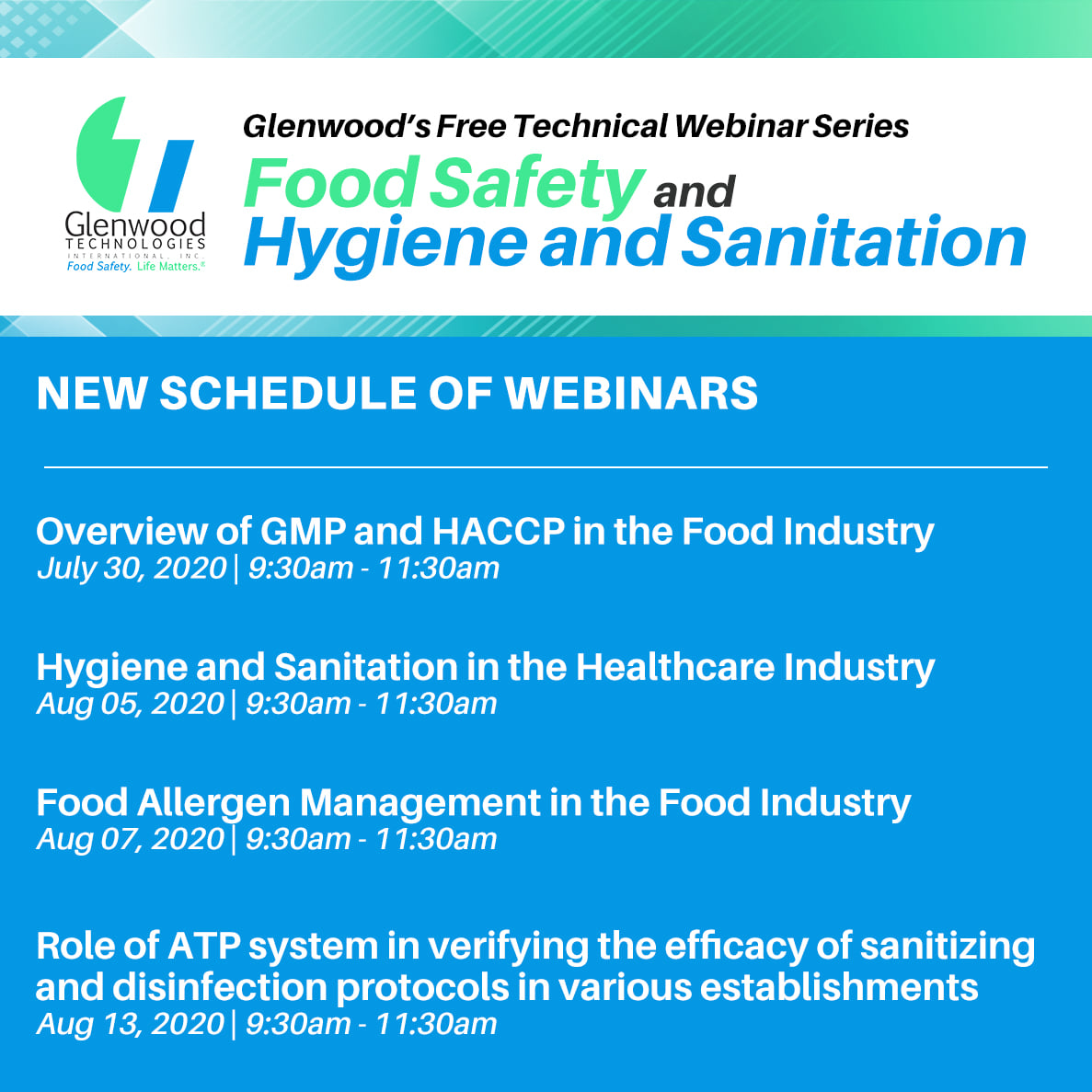
Thank you for your continuous support and participation in our Food Safety and Hygiene and Sanitation Webinar Series. Please be advised on the NEW SCHEDULE of our FOUR upcoming webinars. Register on this link
https://docs.google.com/forms/d/1STRe6NaPTaVFOU6ckuu1lN1g2cdJUUvnHOxTSG1g0SE/edit and wait for the confirmation e-mail on how to access the webinar.
July 10, 2020
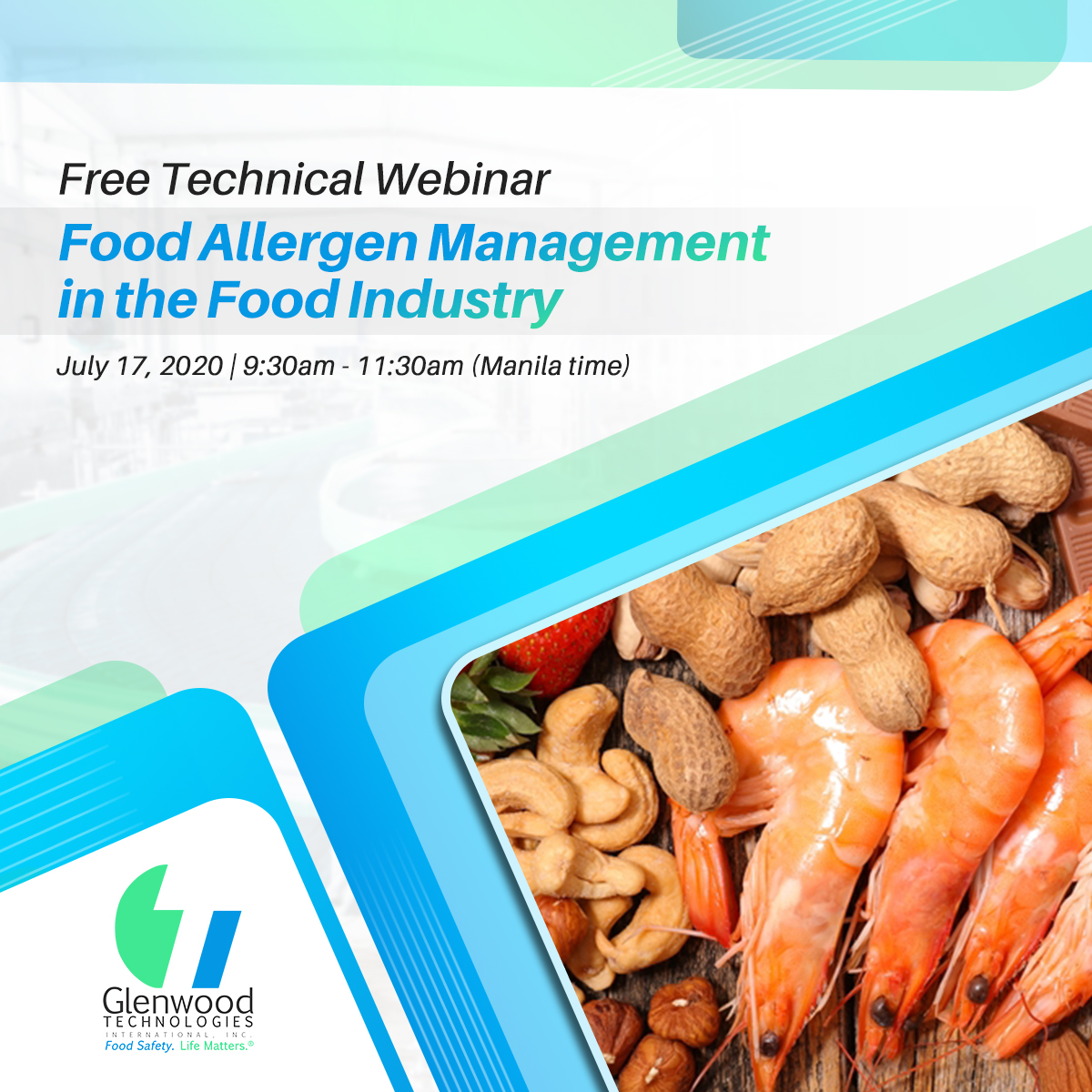
Food allergens are now recognized as a major food safety concern, the management of which should be a shared responsibility between consumers, government, and food manufacturers. Know more on how to implement an allergen management program in your facility and be compliant with the existing local and international regulations. Come and join us on our "Food Allergen Management in the Food Industry" webinar!
July 31, 2019

Worrying that your furry friend may be suffering from Ehrilichiosis? Visit your veterinarian and ask for ImmunoComb® today!
April 10, 2018
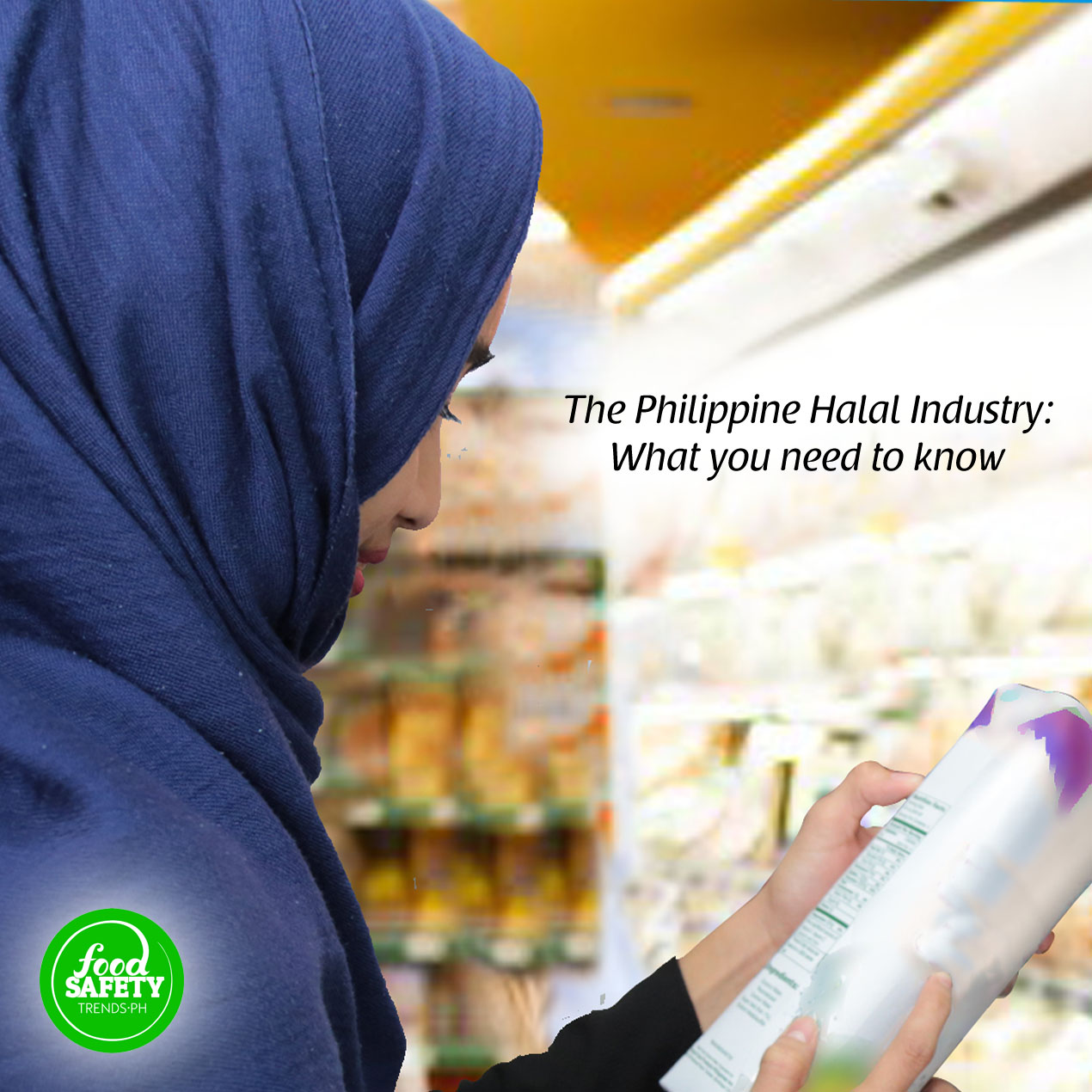
The development of Halal industry is a collaboration of the private and government sector wherein the Department of Trade and Industry works on trade laws and export, the Department of Agriculture for feed safety and production of Halal raw materials, and the National Commission of Muslim Filipinos for culture and religious implications of Halal just to name a few.
March 22, 2018
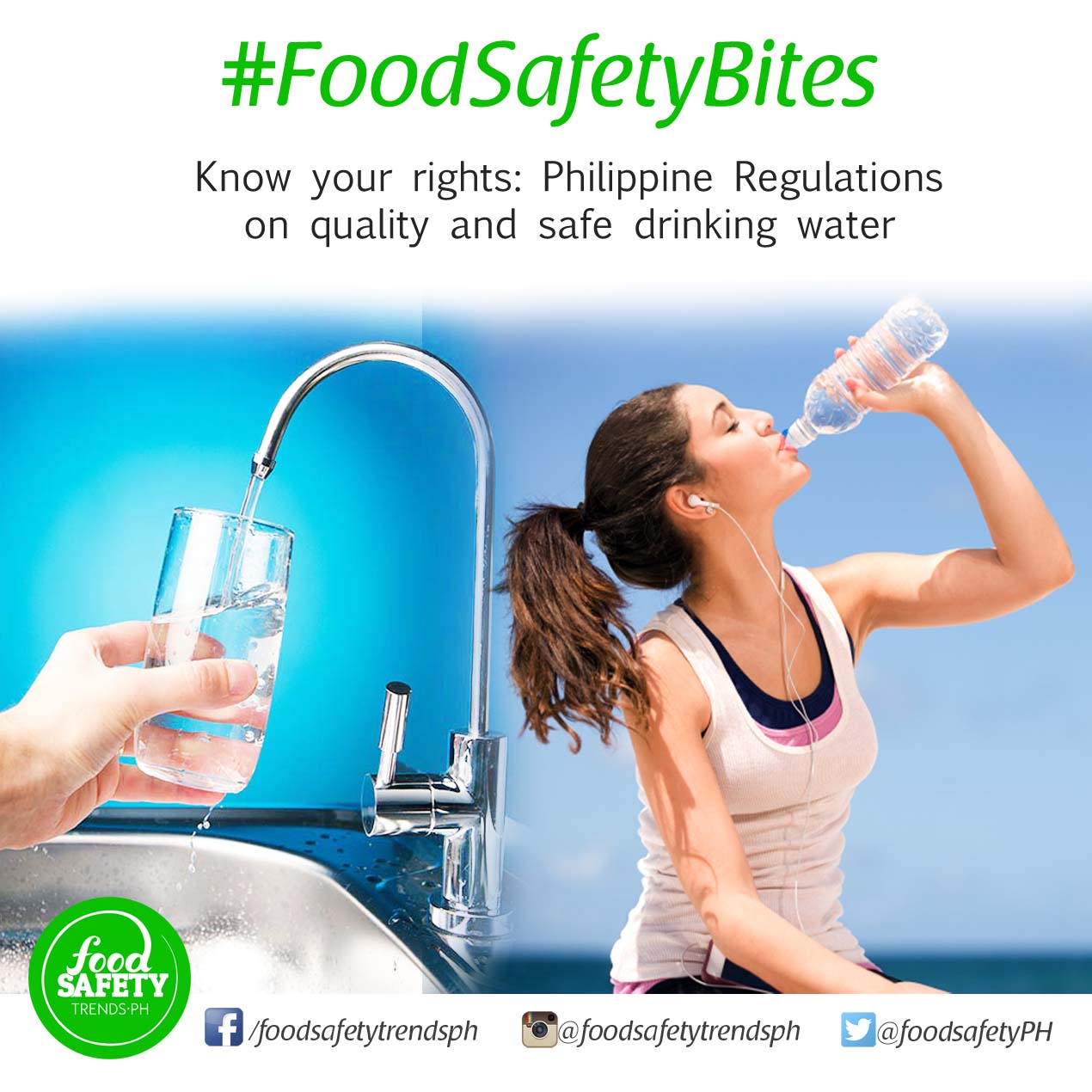
In the Philippines, two separate Administrative Orders govern different types of drinking water sources
March 21, 2018
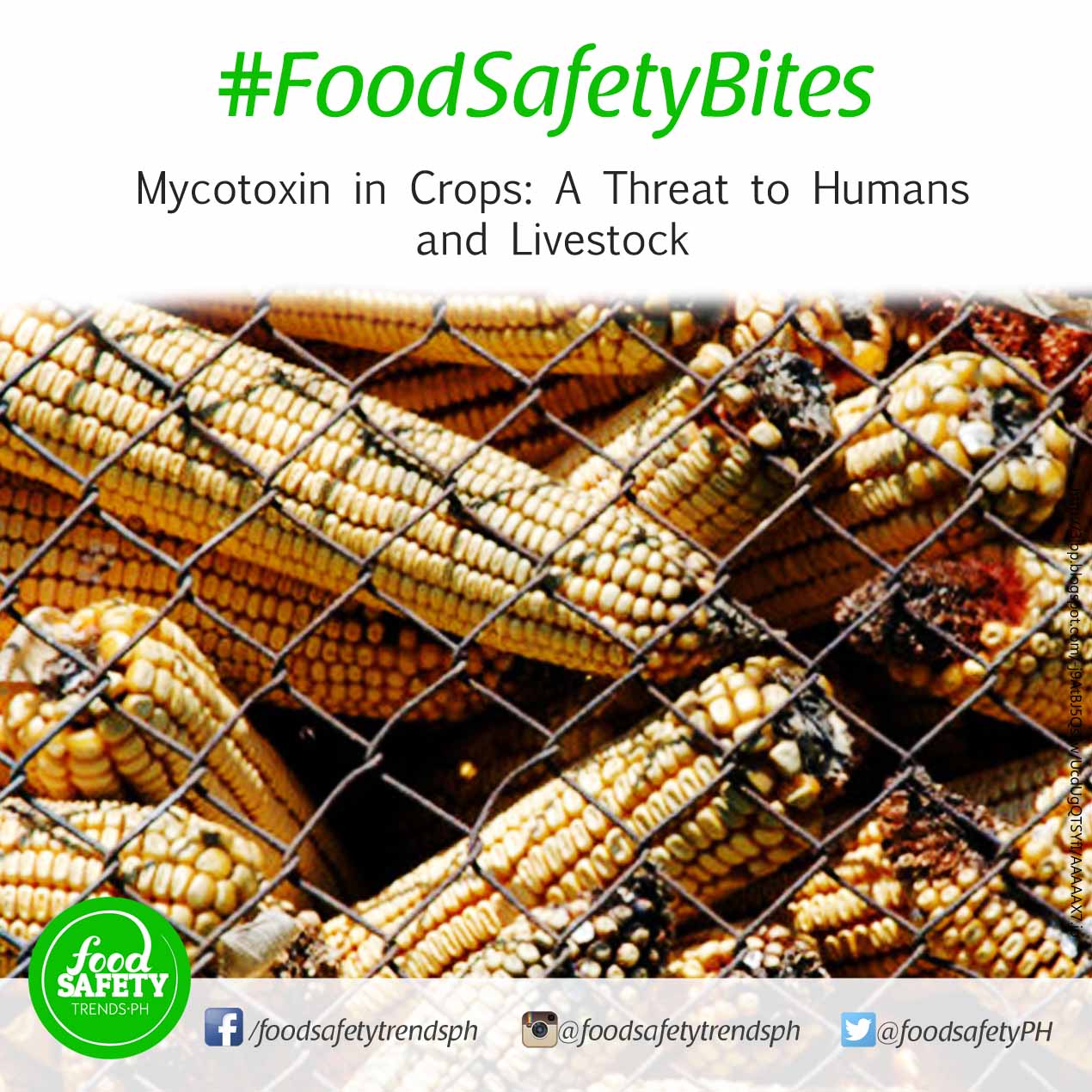
Mycotoxin contamination is a significant food safety concern in the grain industry. Consumption of mycotoxin-contaminated commodities can lead to acute and chronic diseases in humans and animals.
November 8, 2017
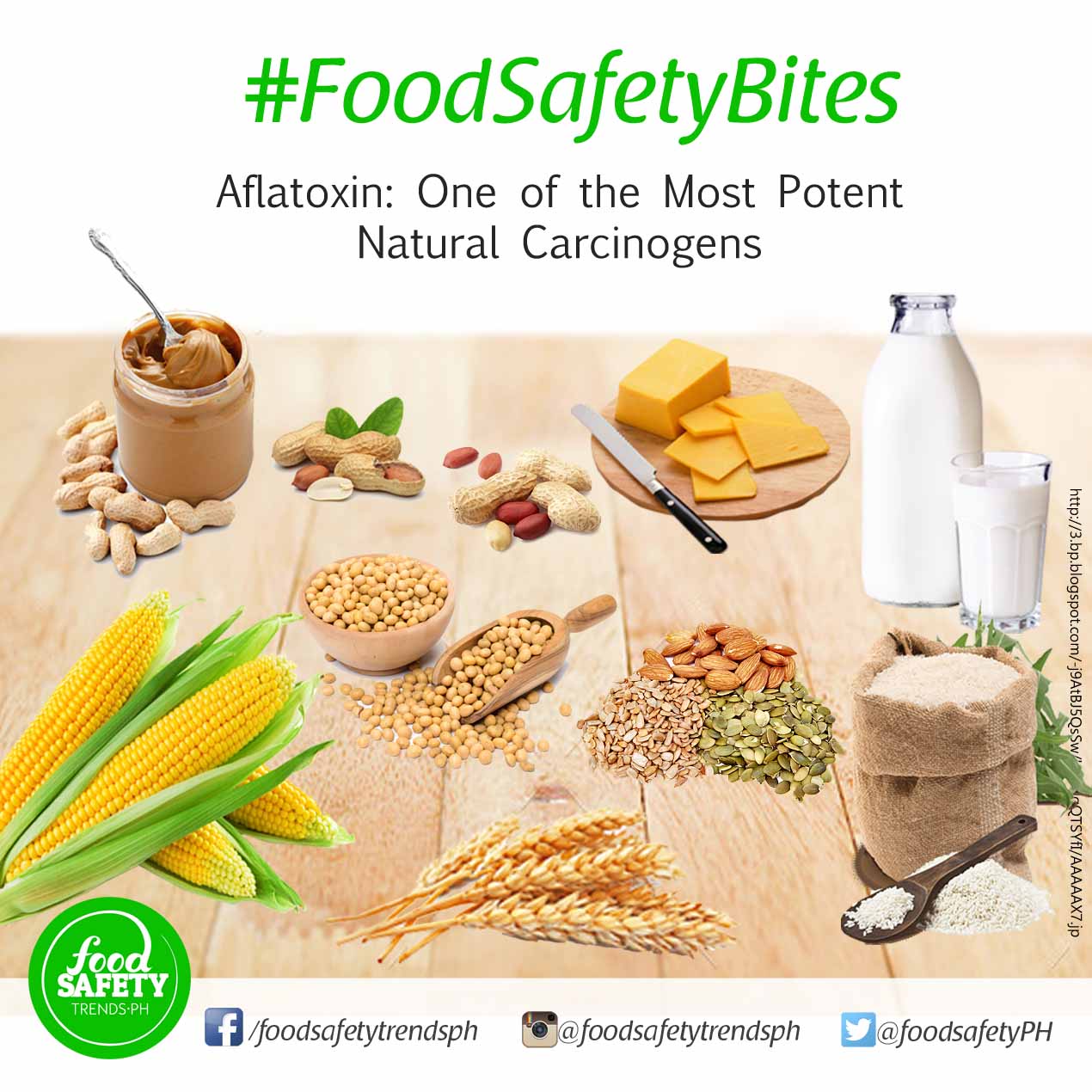
Aflatoxin is one of the most potent natural carcinogens known to man and has been linked to a wide variety of human and animal health problems.
November 6, 2017
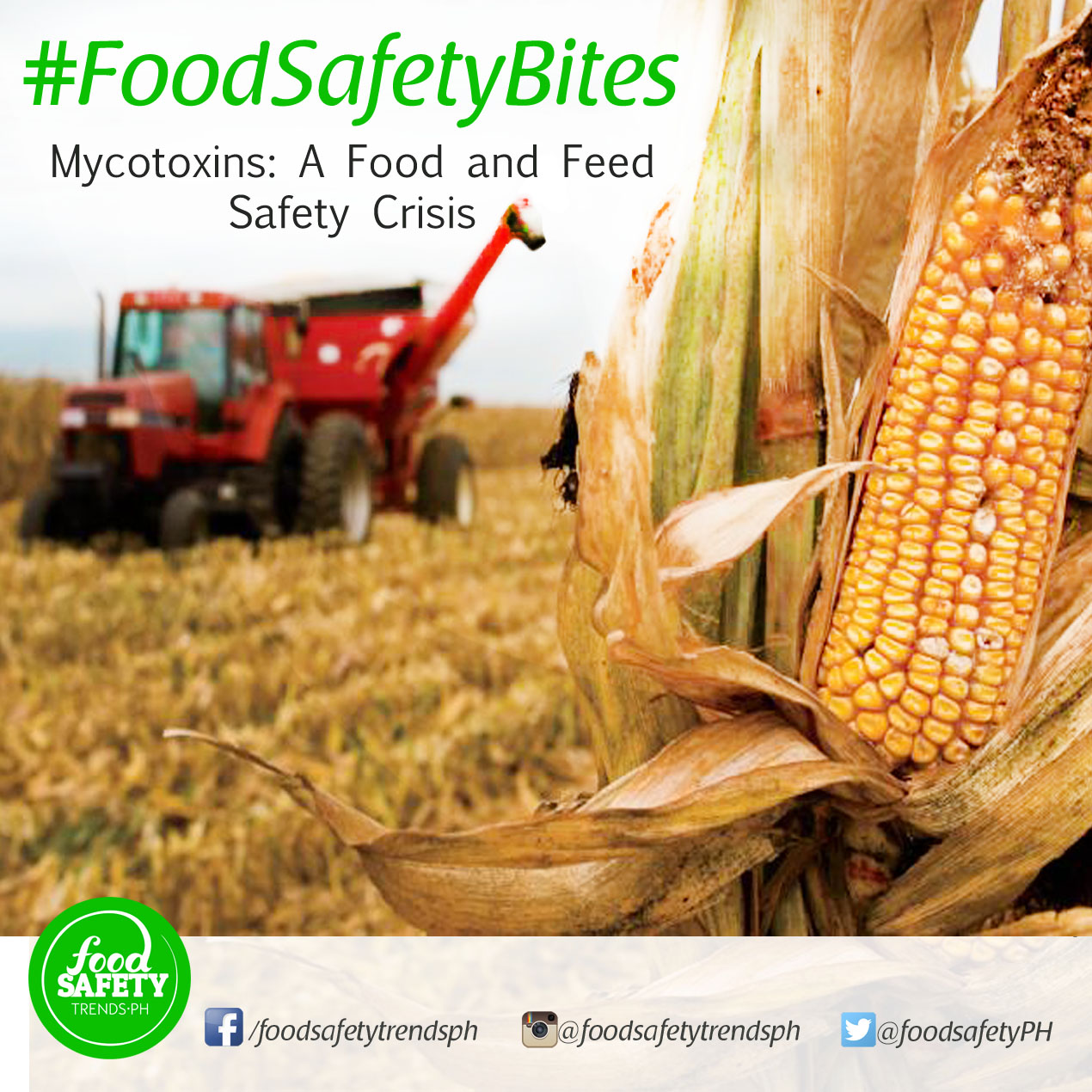
Mycotoxins are toxic substances produced by certain molds that contaminate various agricultural commodities pre or post-harvest. According to Food and Agriculture Organization (FAO), international trade in agricultural commodities such as wheat, rice, barley, corn, sorghum, soybeans, groundnuts, and oilseeds amounts to hundred million tons each year.
November 3, 2017
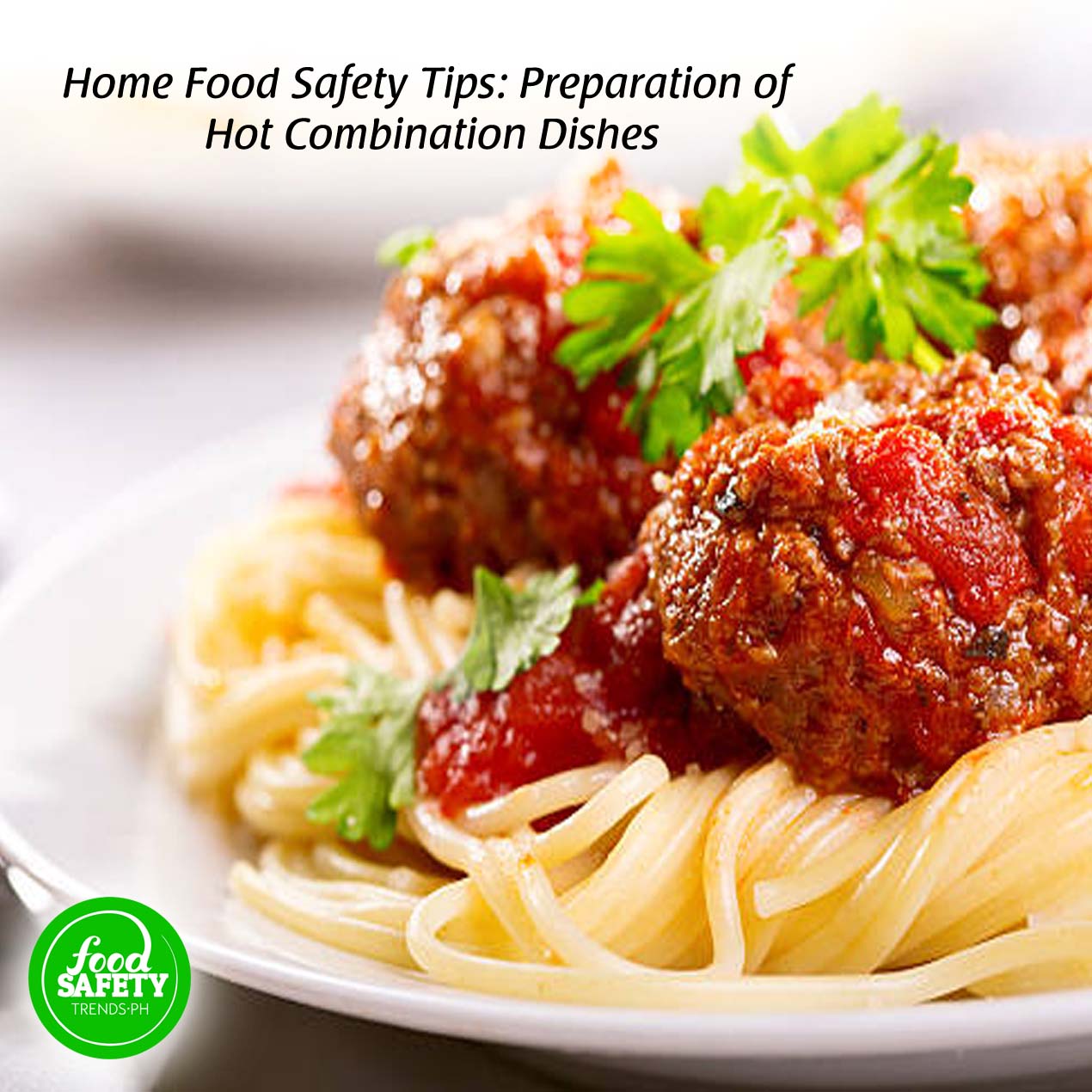
Follow these food safety tips in preparing hot combination dishes
November 2, 2017
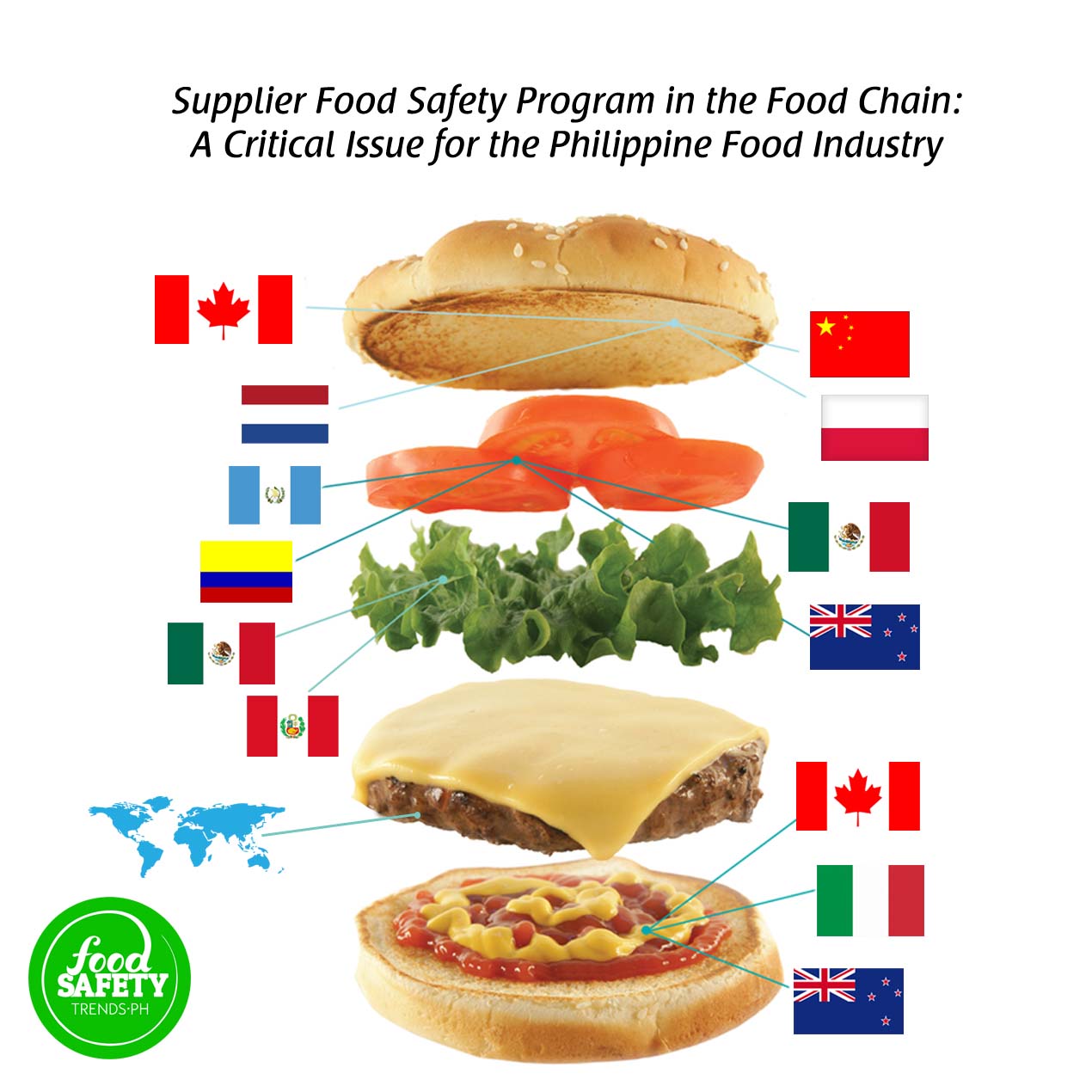
Since the acceptance of the farm-to-table concept in food safety systems, the importance of upstream sources in food manufacturing has become the recent focus in global trade. Keeping food safe as it travels along the food chain seamlessly is complicated. It is aggravated by global trade, which allows opportunities for spreading or transmitting an ever growing list of foodborne hazards.
October 23, 2017
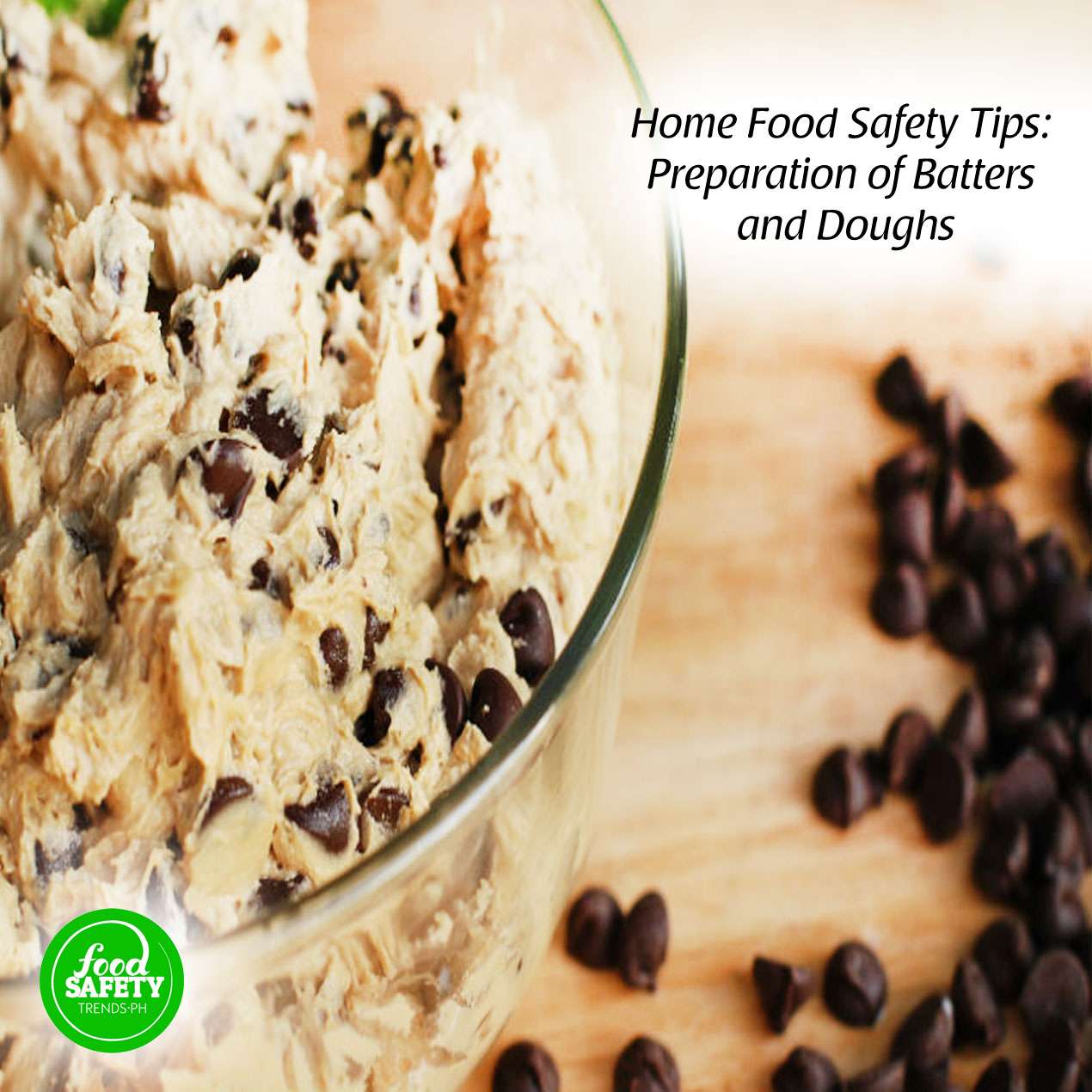
Do not eat raw batters! Unbaked batters and dough can be hazardous if not handled properly. They may contain high levels of Salmonella as most of the ingredients, particularly raw eggs, contain infective microorganisms and spores.
October 19, 2017
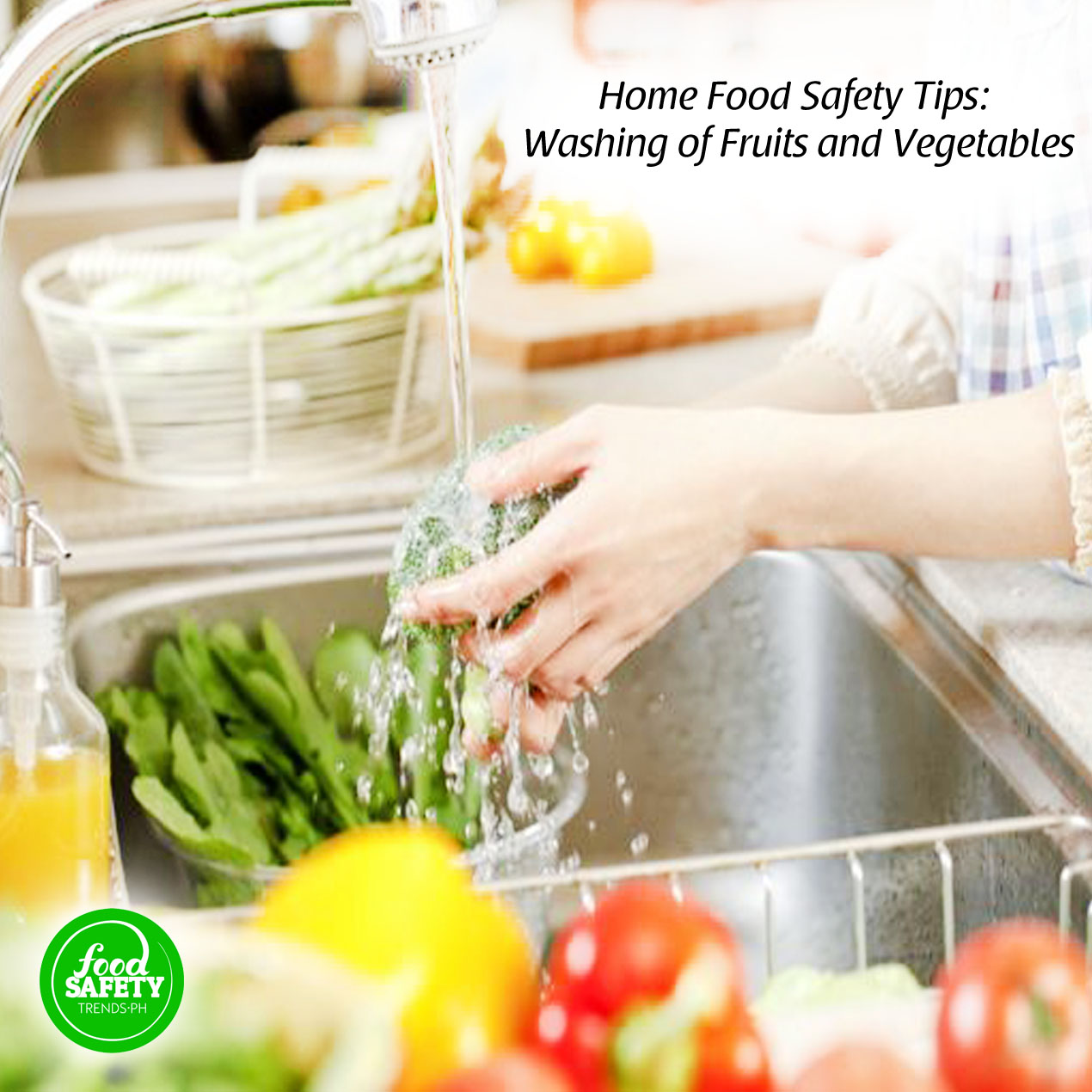
Follow these food safety tips in washing your fruits and vegetables
October 18, 2017
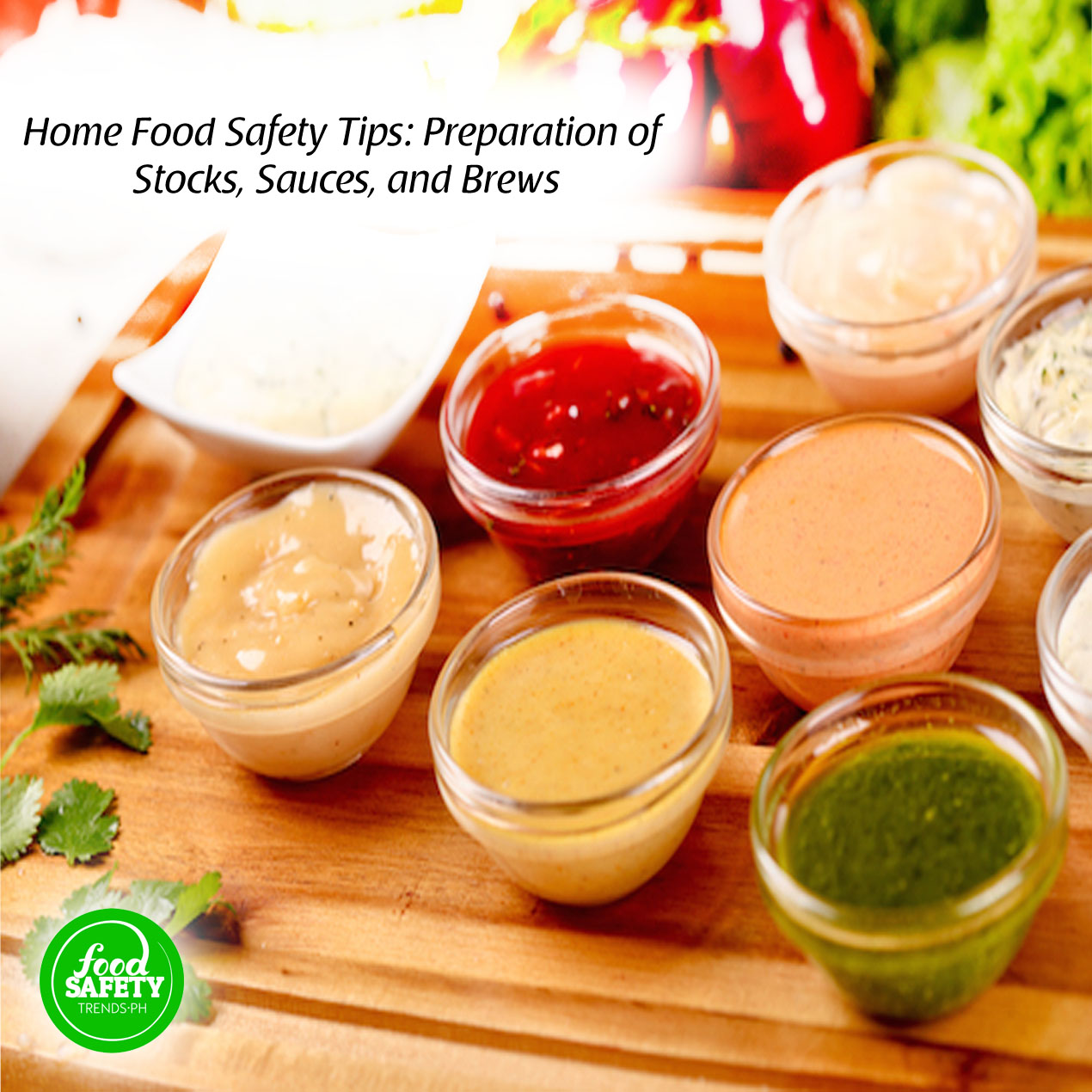
Here are some food safety tips in preparing stocks, sauces, and brews
October 17, 2017
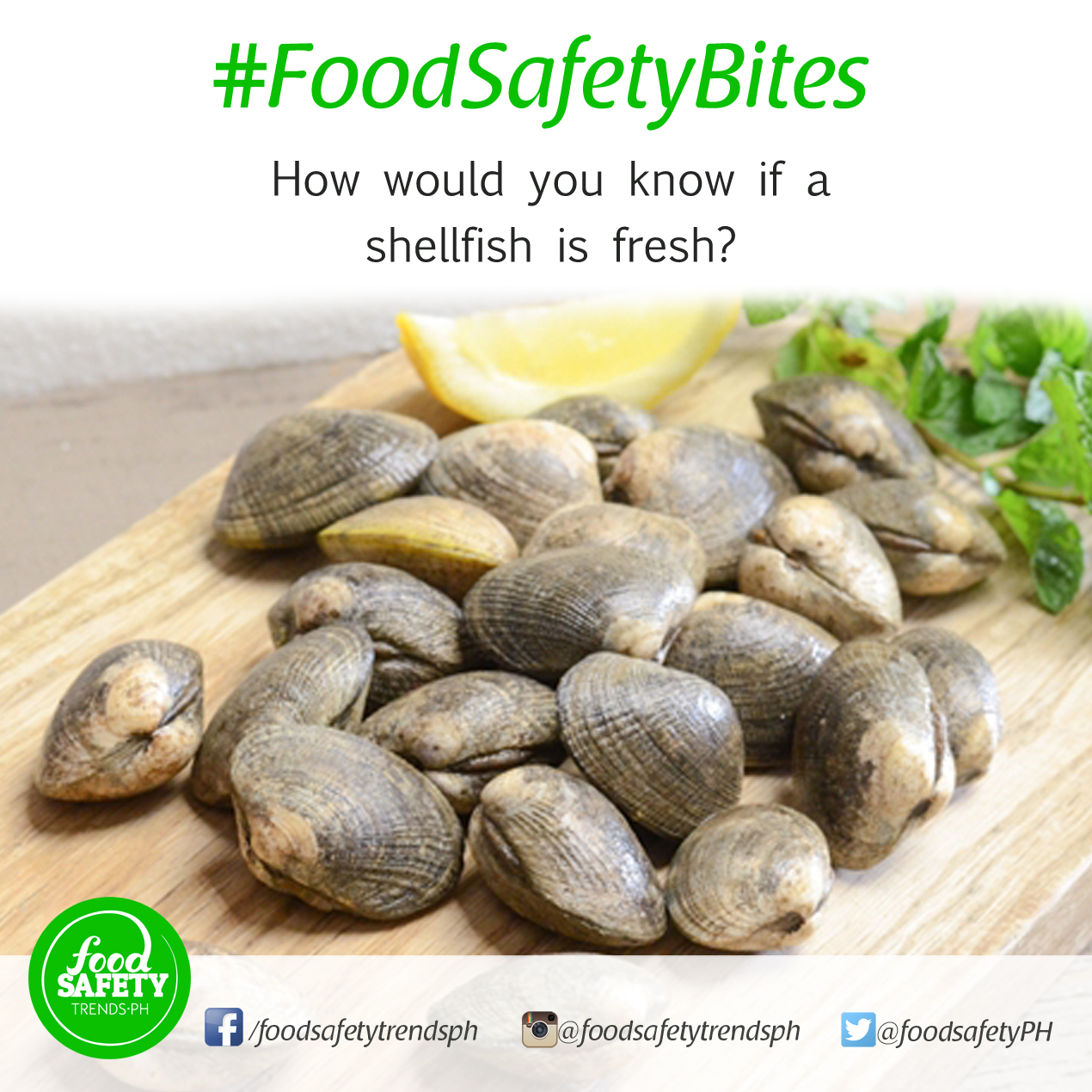
Here are some tips on buying fresh shellfish. Fresh oysters, clams, scallops, mussels and cockles should have tightly closed shells or they should close their shells when you tap them.
October 16, 2017
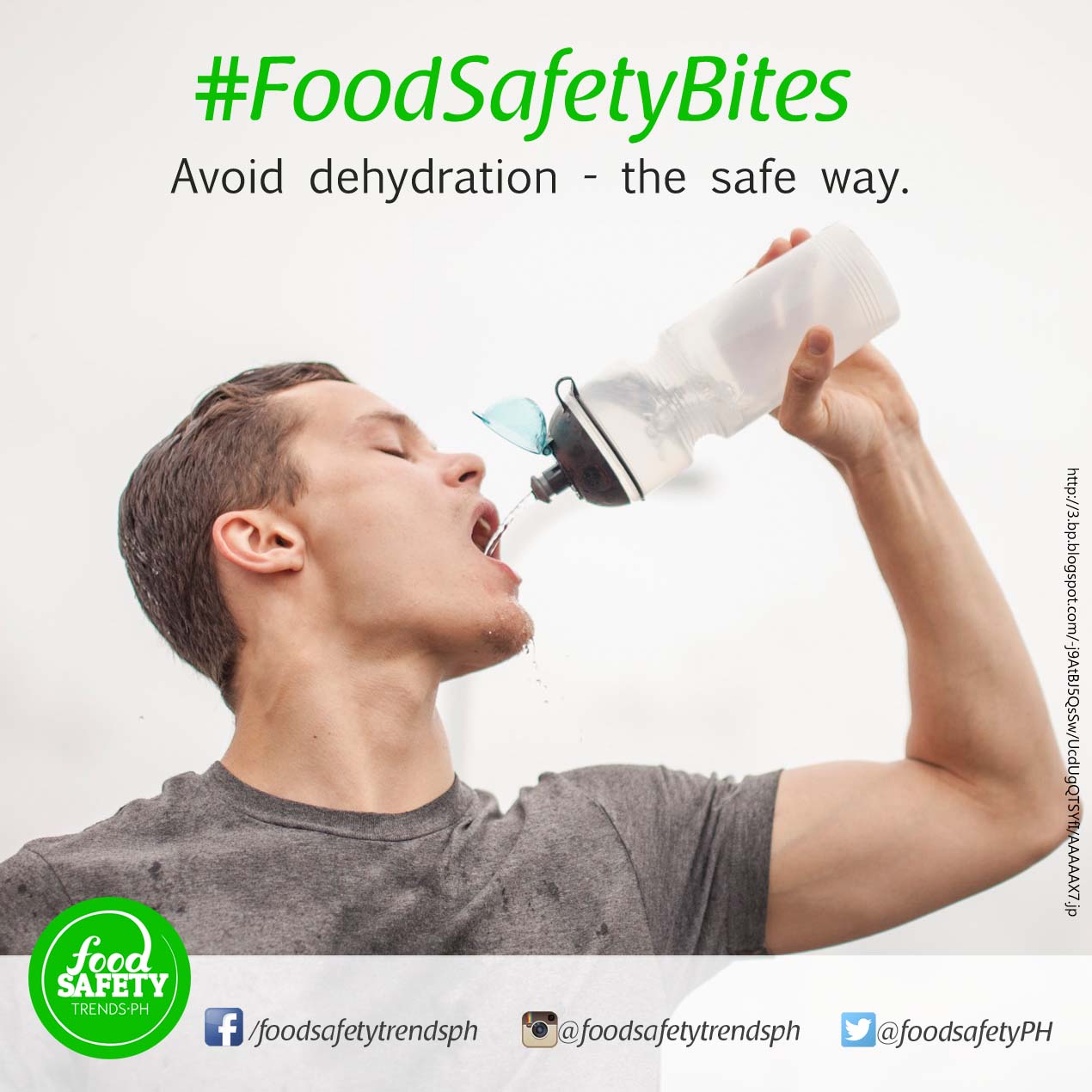
If you’re heading out into the great outdoors, make sure you use safe water to drink, cook and wash with.
October 13, 2017
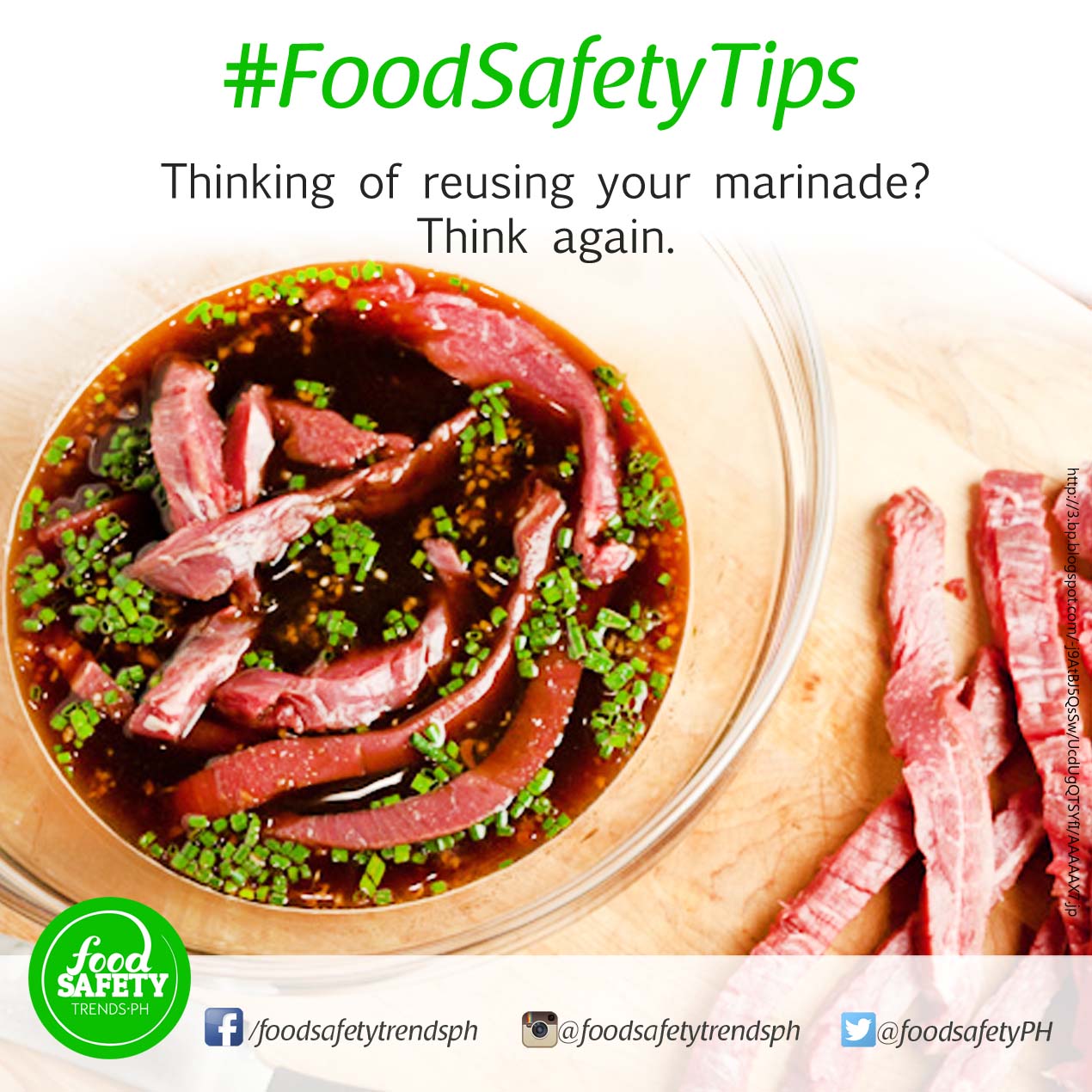
Pork, beef, and chicken are oftentimes marinated then grilled during summer.
October 12, 2017
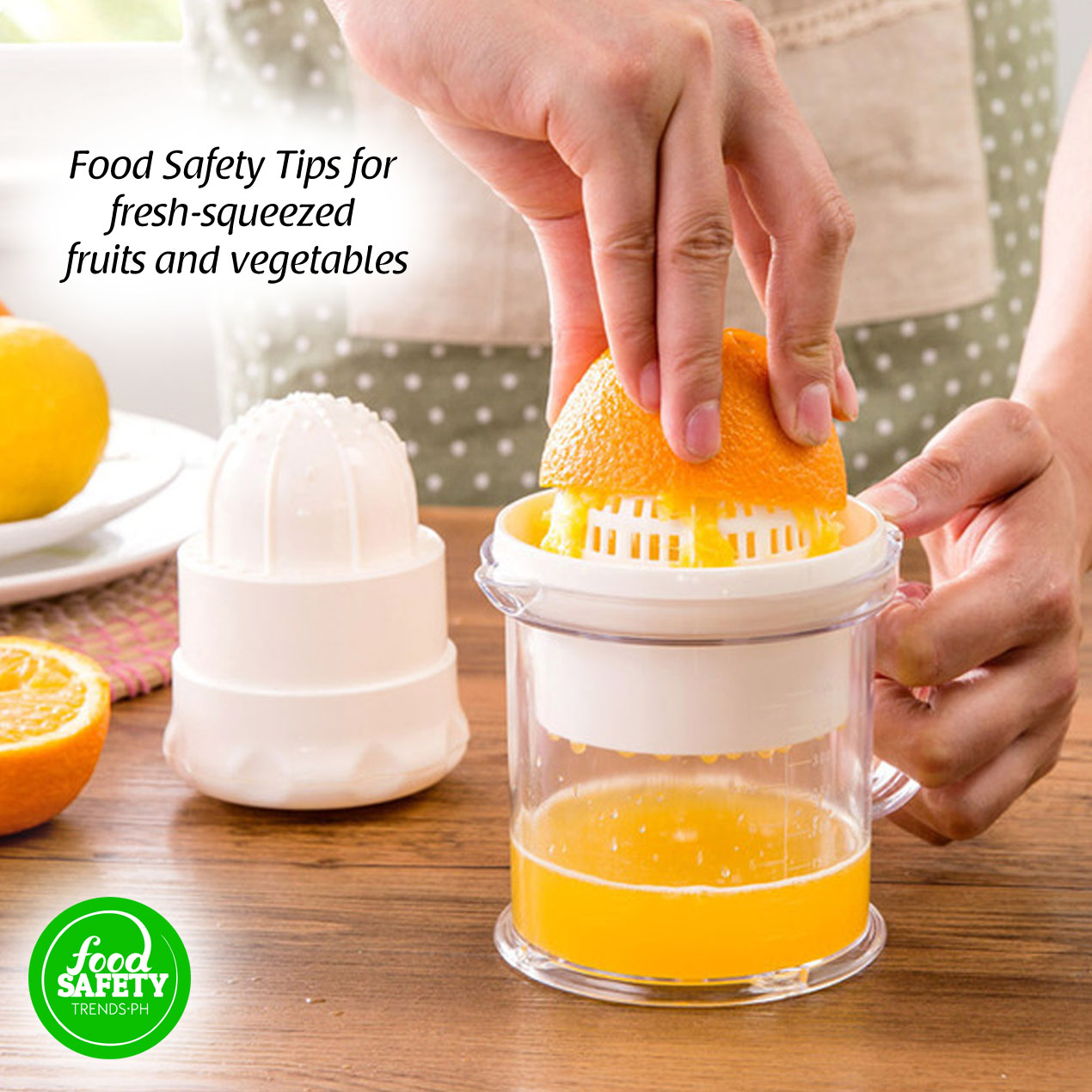
According to the U.S. Food and Drug Administration (FDA), juices provide many important nutrients, but consuming untreated juices can pose health risks to your family.
October 9, 2017
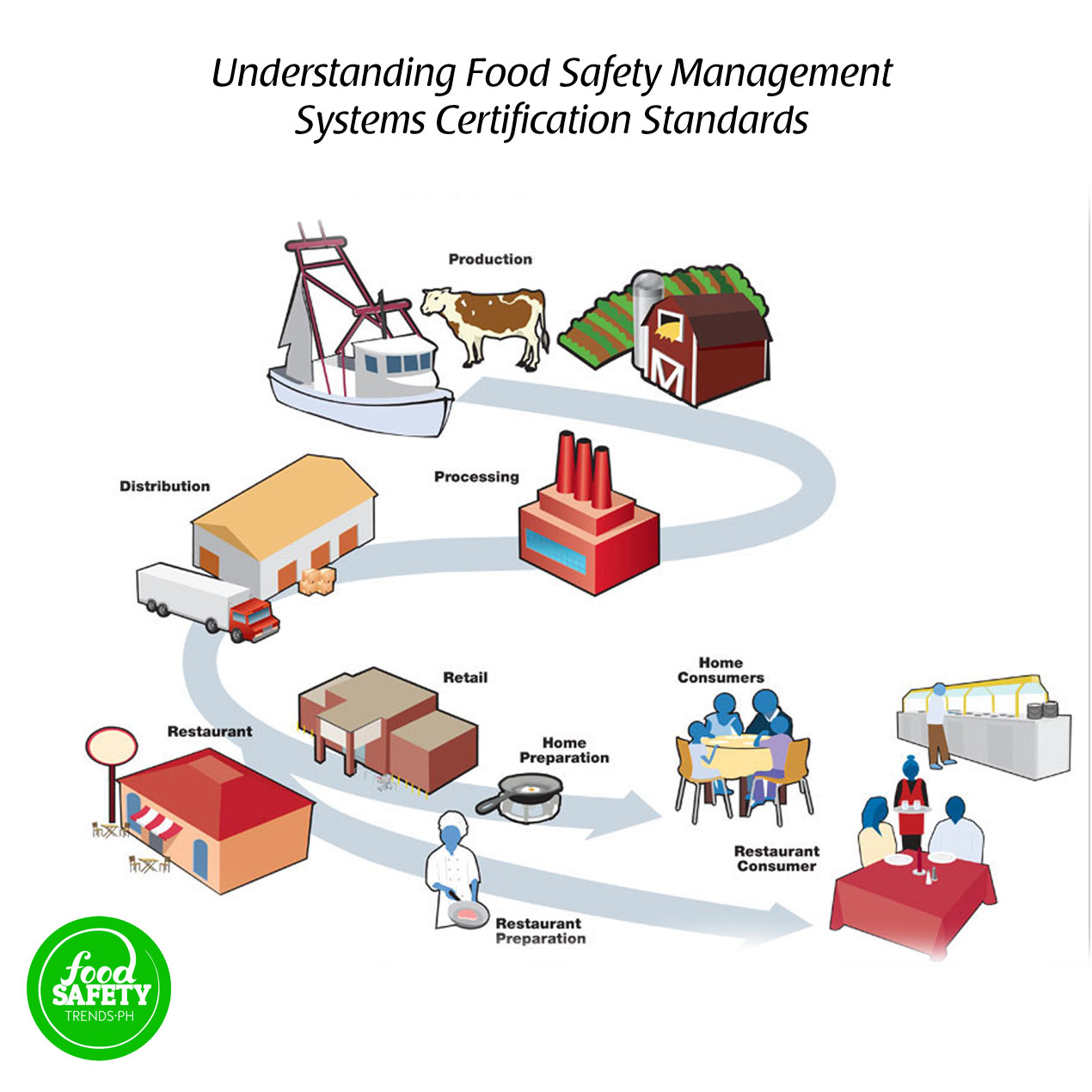
Internationally, the most widely applied form of self-regulation are the ISO certification and HACCP-based systems.
October 2, 2017
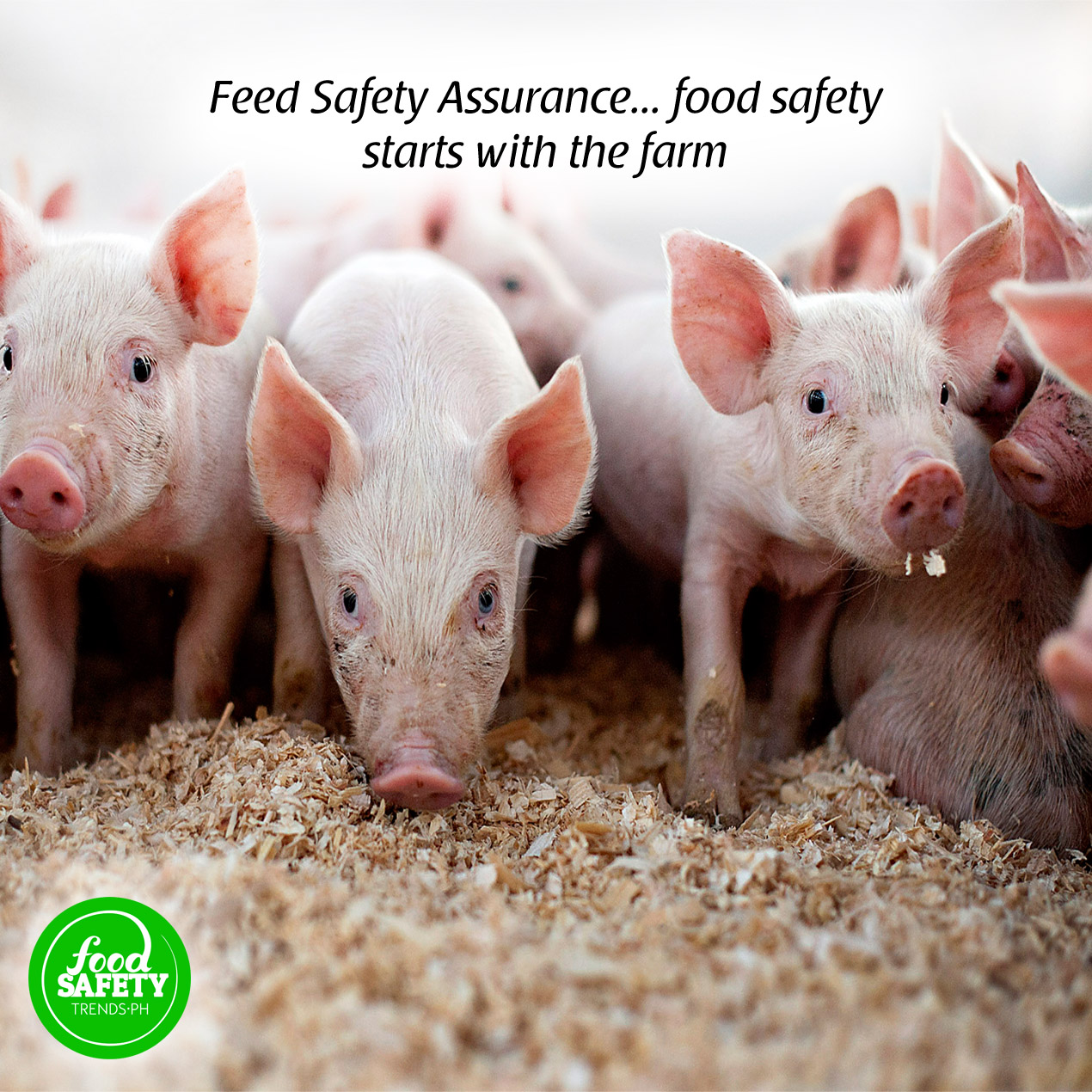
“As part of the food supply chain, it is the legal responsibility of feed manufacturers to ensure that only safe and quality products enter the food […]
September 29, 2017

According to U.S. Food and Drug Administration (FDA), fresh eggs, even those with clean, uncracked shells, may contain bacteria called Salmonella that can cause foodborne illness. […]
September 26, 2017
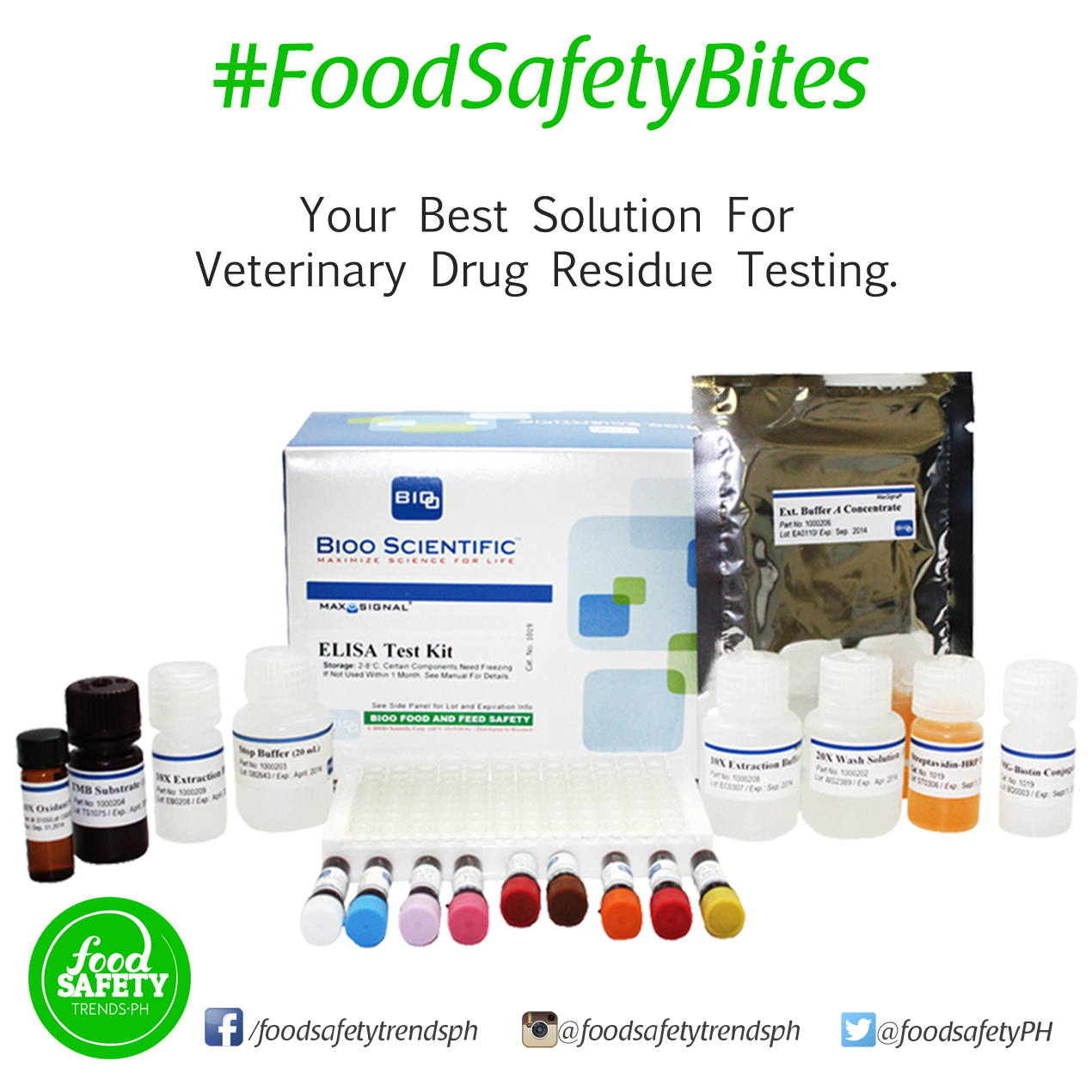
Glenwood Technologies offers a broad range of test kits for the screening of banned and restricted veterinary drug residues in a wide variety of food and […]
September 25, 2017
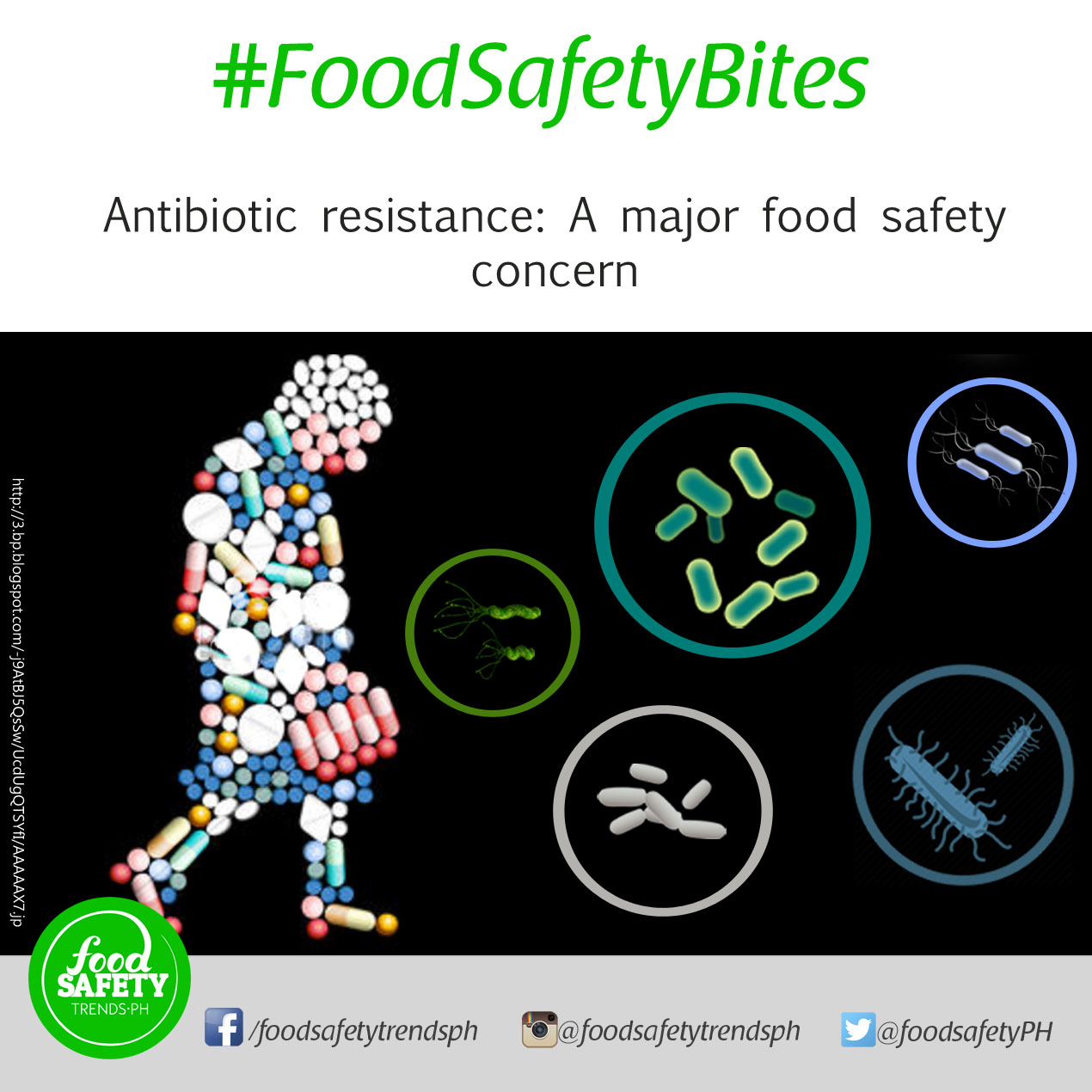
Misuse of antibiotics in food-producing animals can cause adverse health effects to humans. Contaminated food, once consumed, can cause antibiotic resistance, reducing the effectiveness of antibiotics […]
September 22, 2017
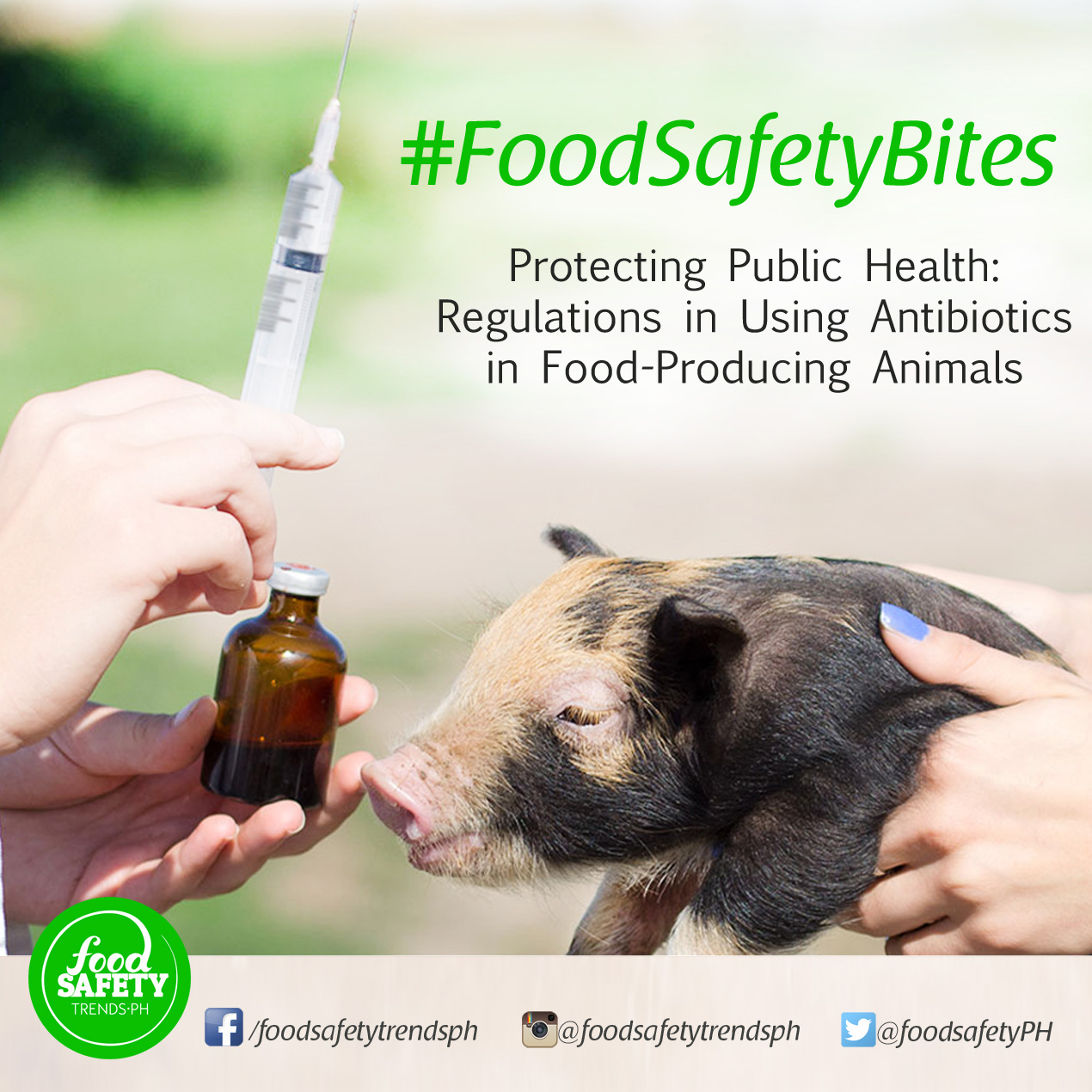
To promote consumer health against illegal use of veterinary drugs in food producing animals, the Department of Agriculture proclaimed Administrative Order No. 14 series of 2006, […]
September 20, 2017
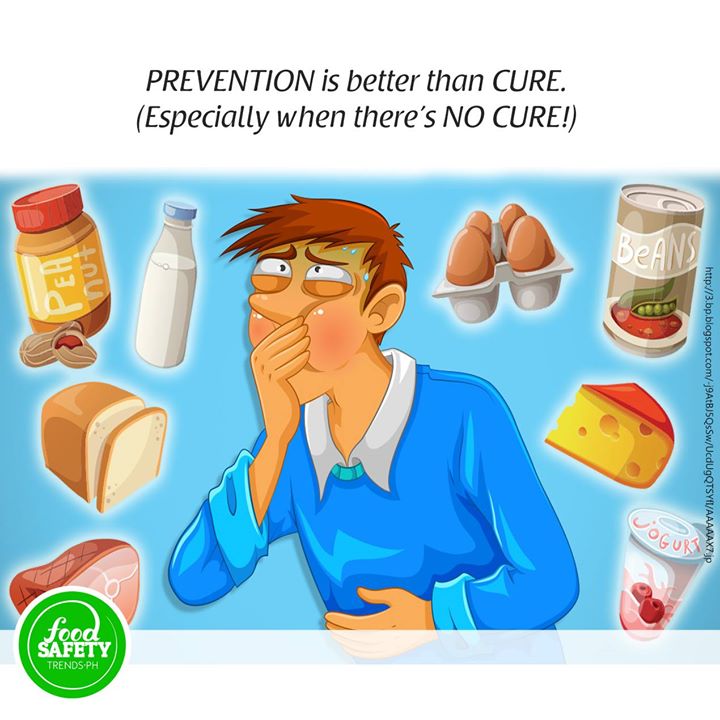
It’s more than the price, the taste or the fancy packaging, especially when you’re allergic to something. Check the labels and list of ingredients of the […]
September 6, 2017
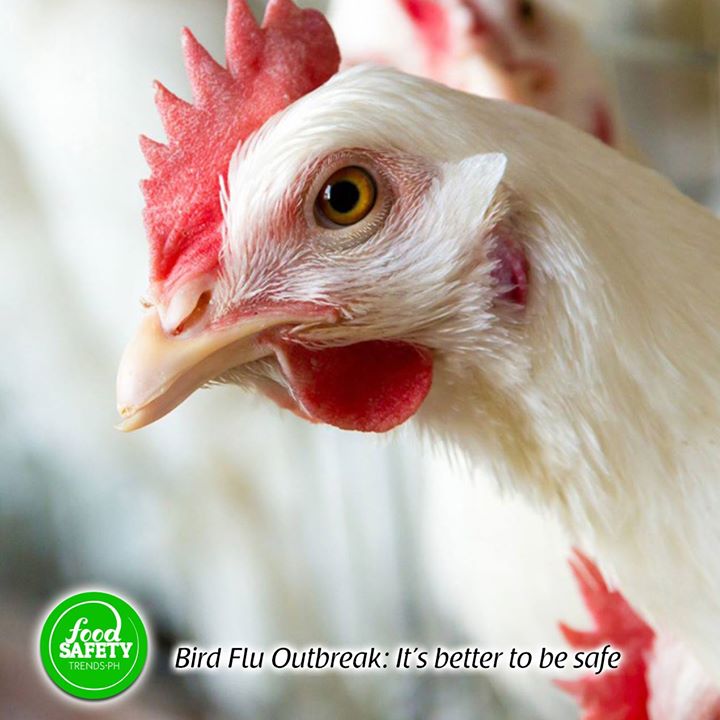
The news of Bird flu hitting some areas of Central Luzon, Philippines alarmed the nation. Further confirmed by the Department of Agriculture-Bureau of Animal Industry (DA-BAI) […]
September 4, 2017
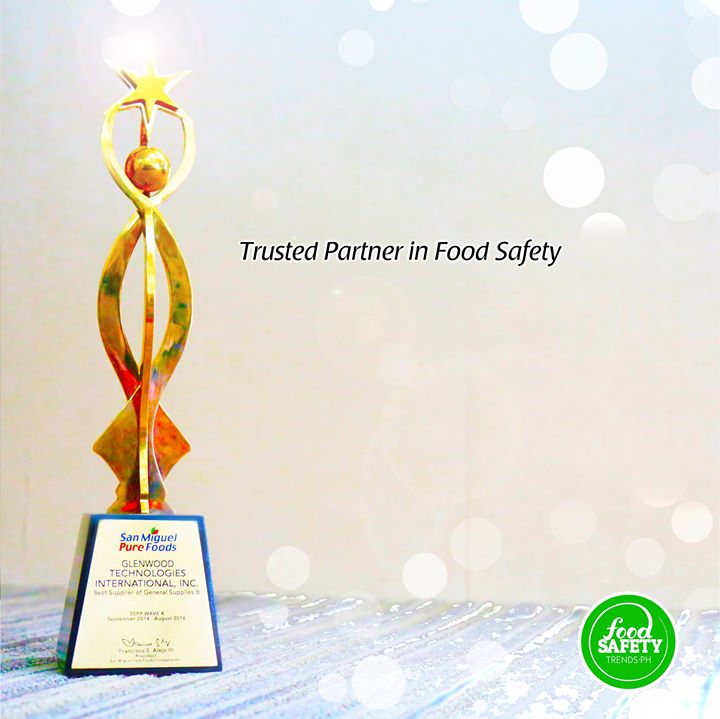
It is a privilege to be a part of the commendable food safety management system of various food companies. Moreso, it is an honor to have […]
September 4, 2017

See you at the Food and Drinks Asia 2017 and AsiaFood Expo 2017 on September 7-8, and September 13-14, 2017 at World Trade Center, Pasay City. […]





